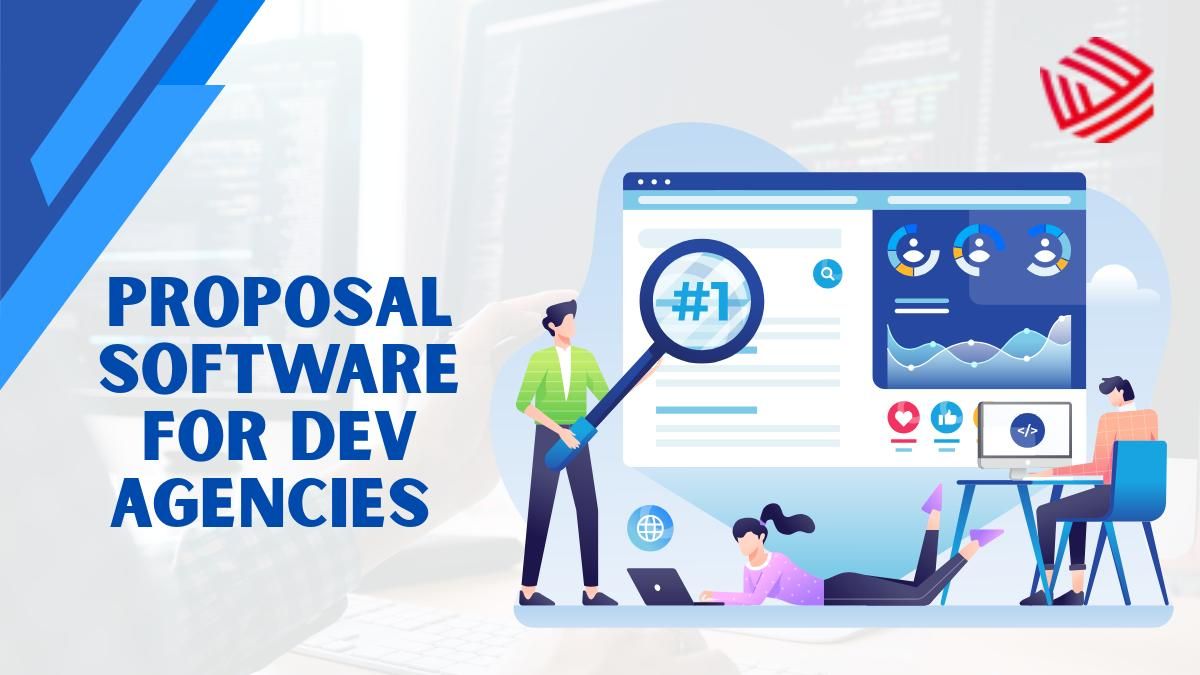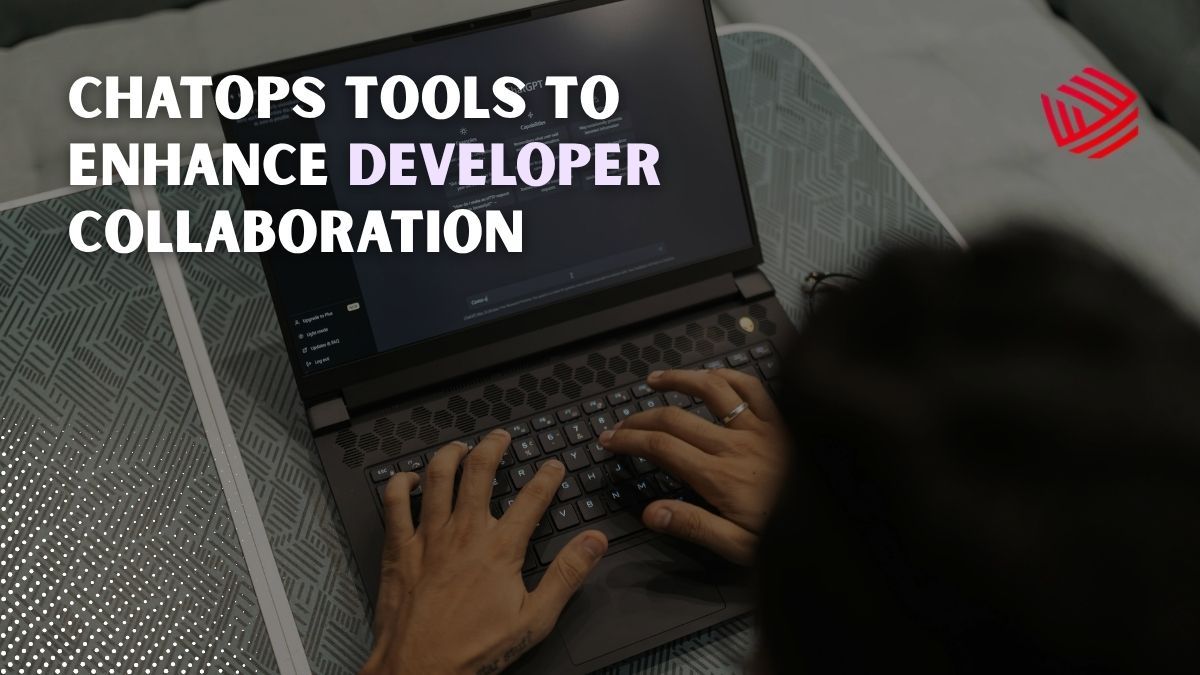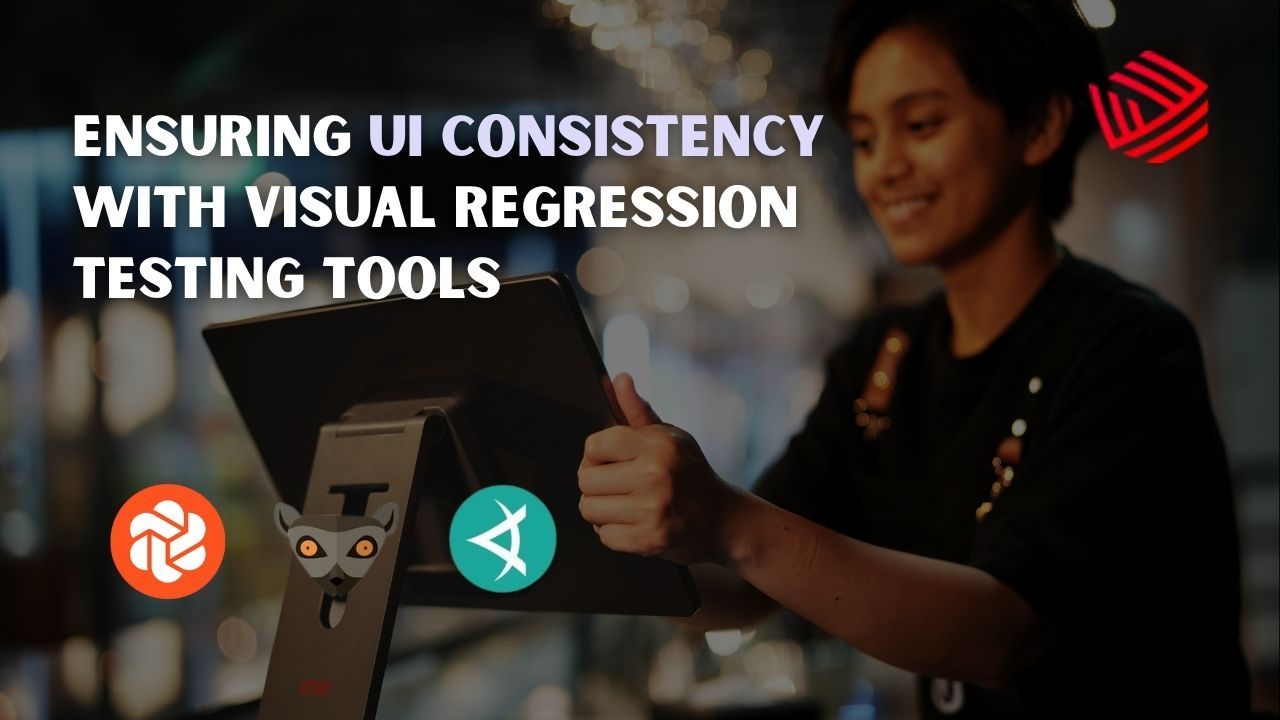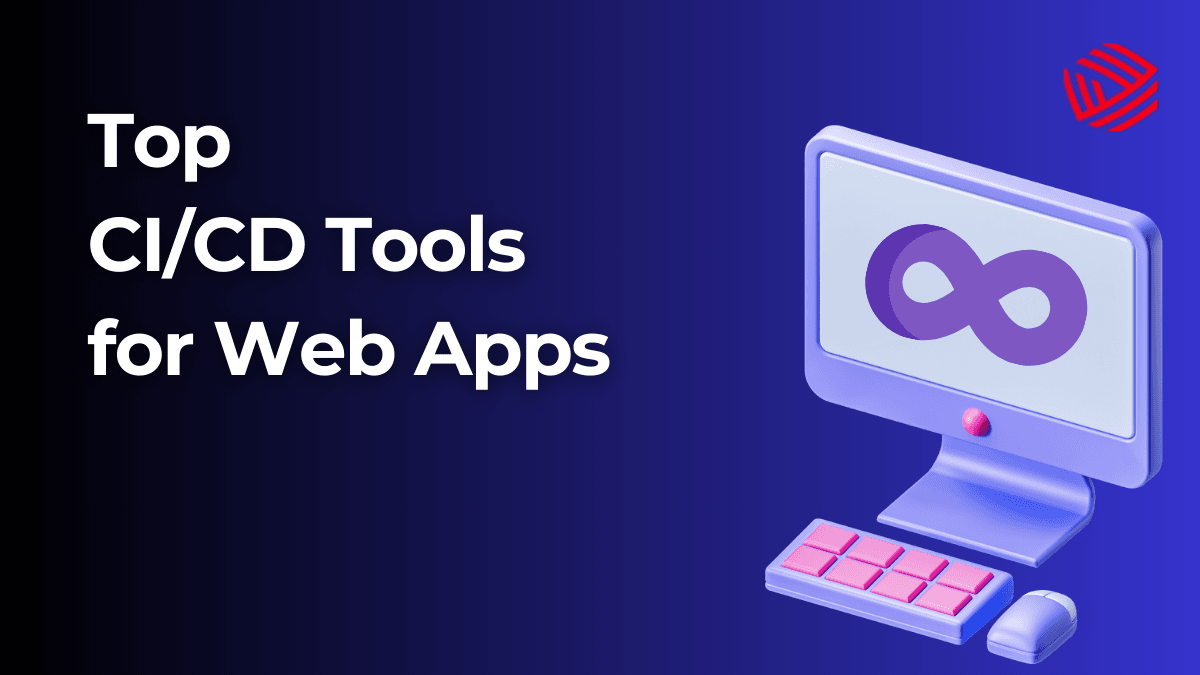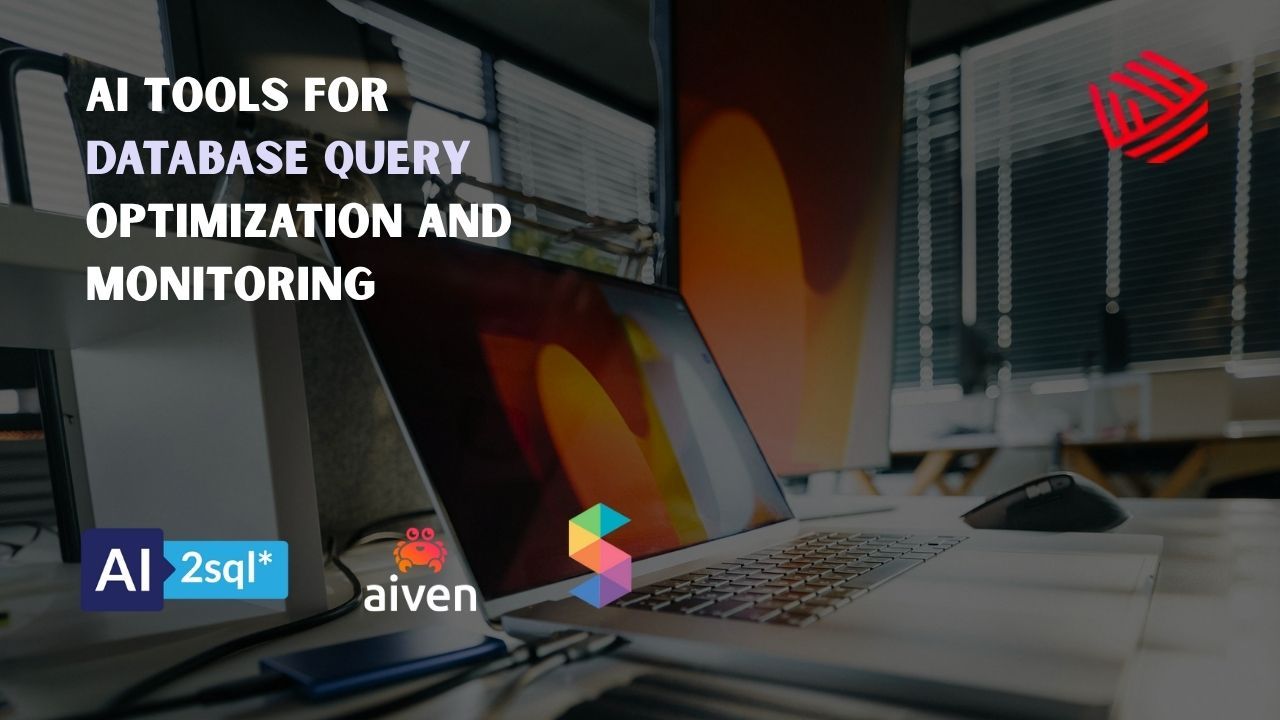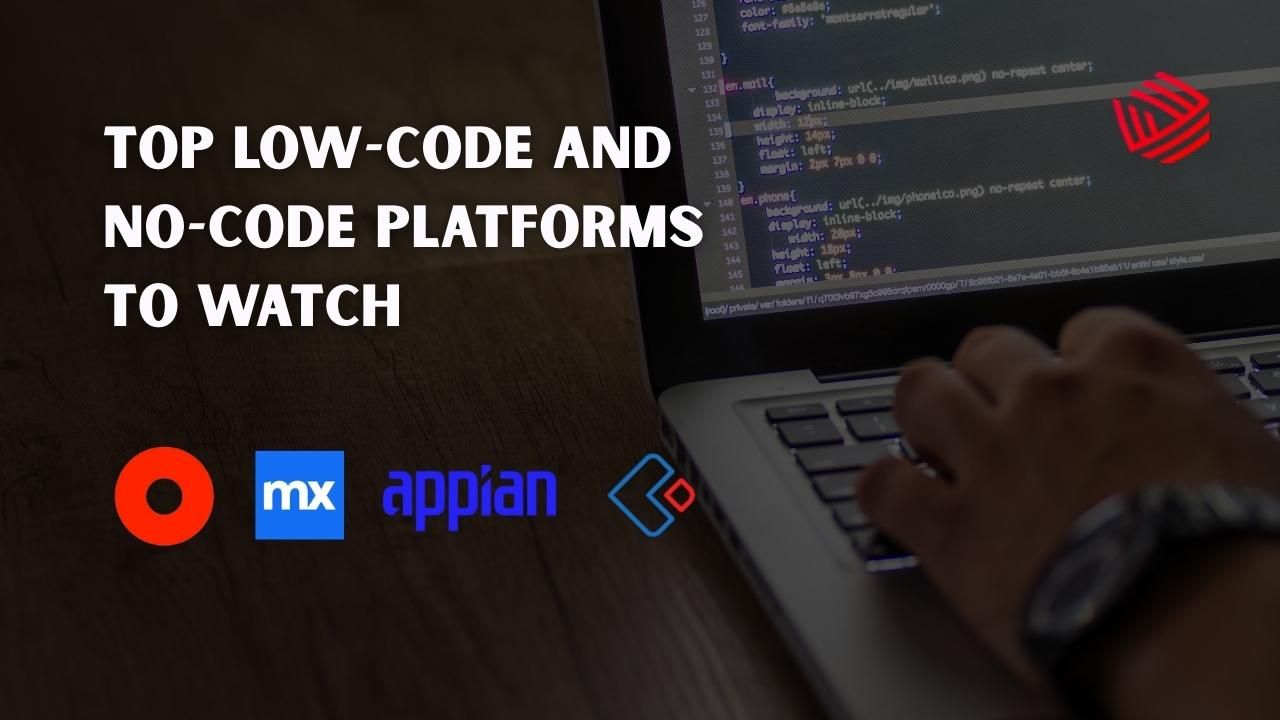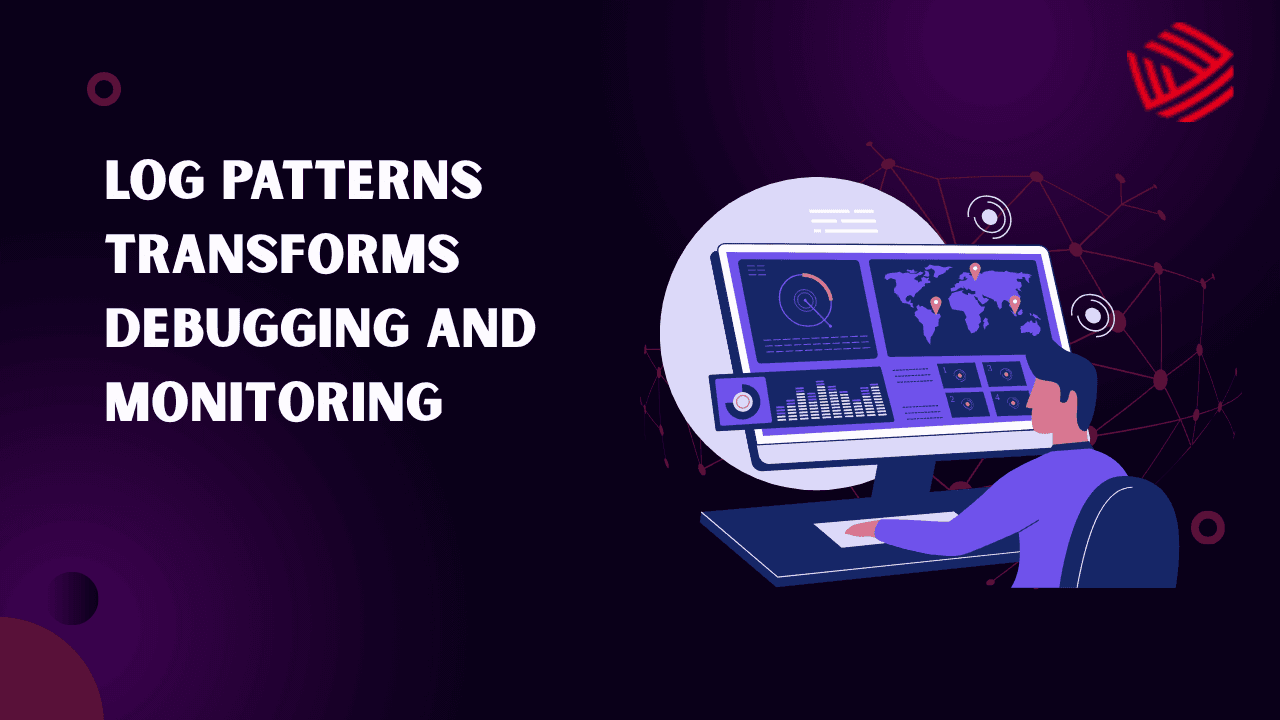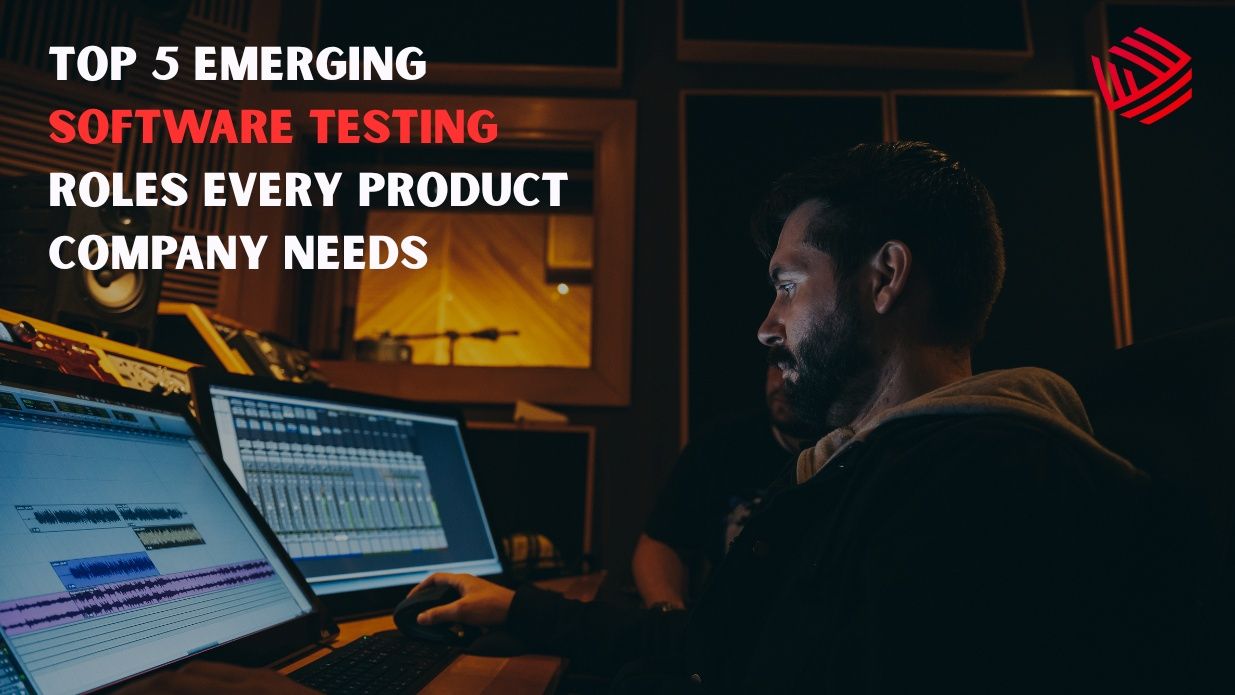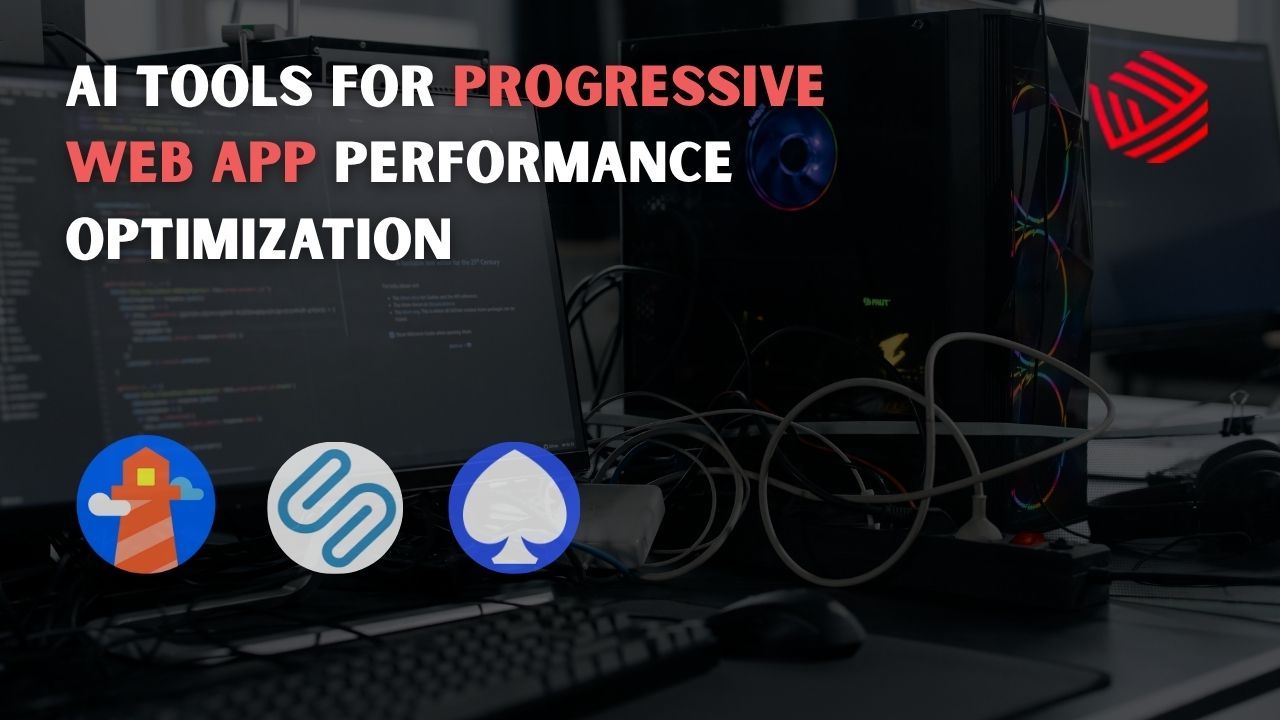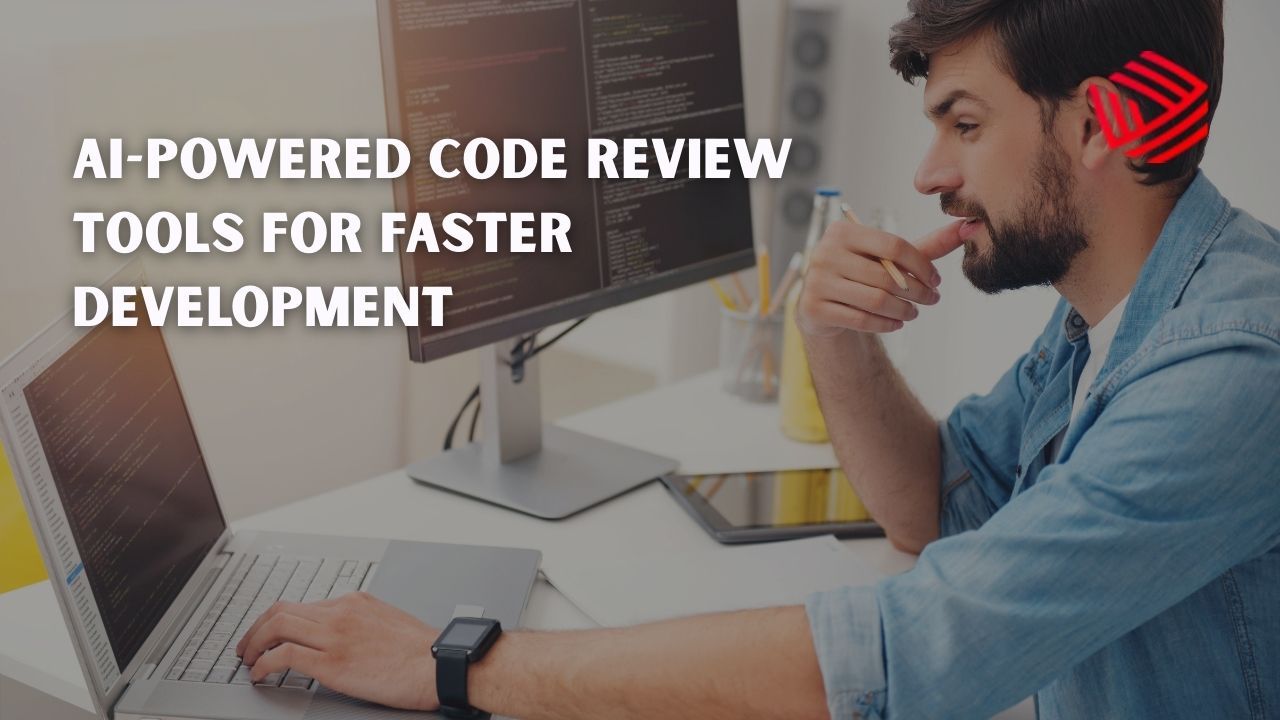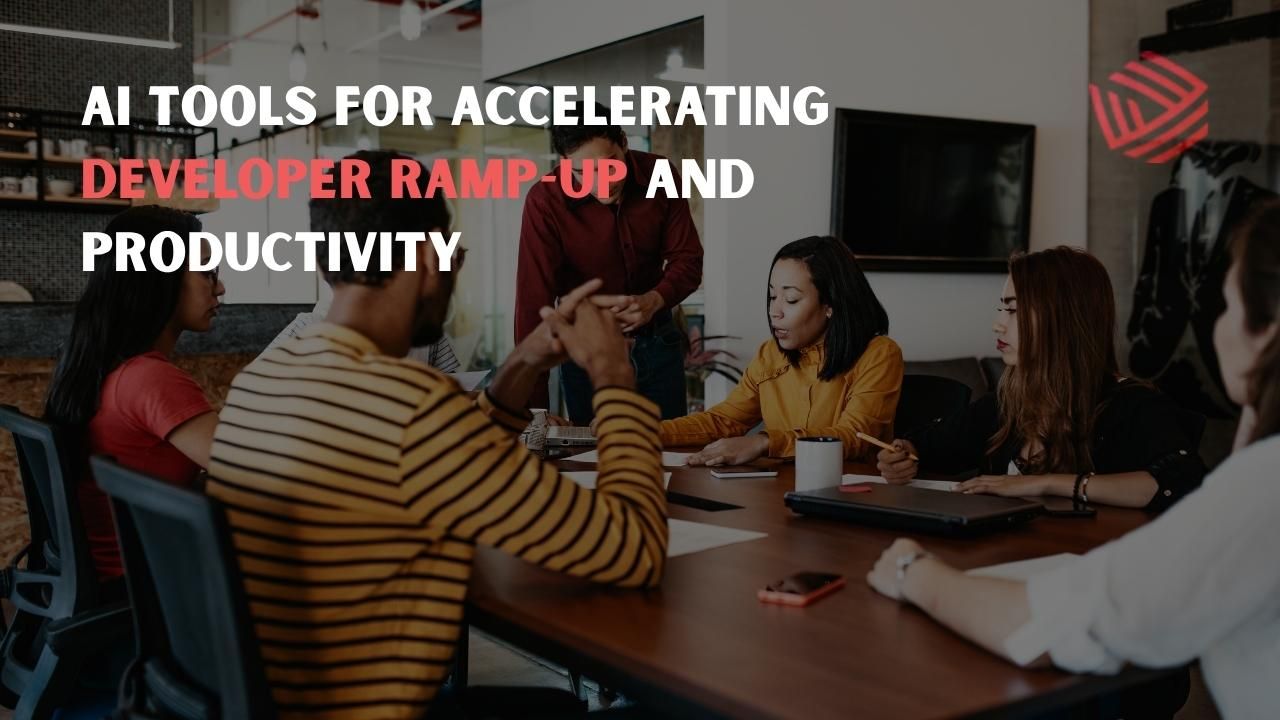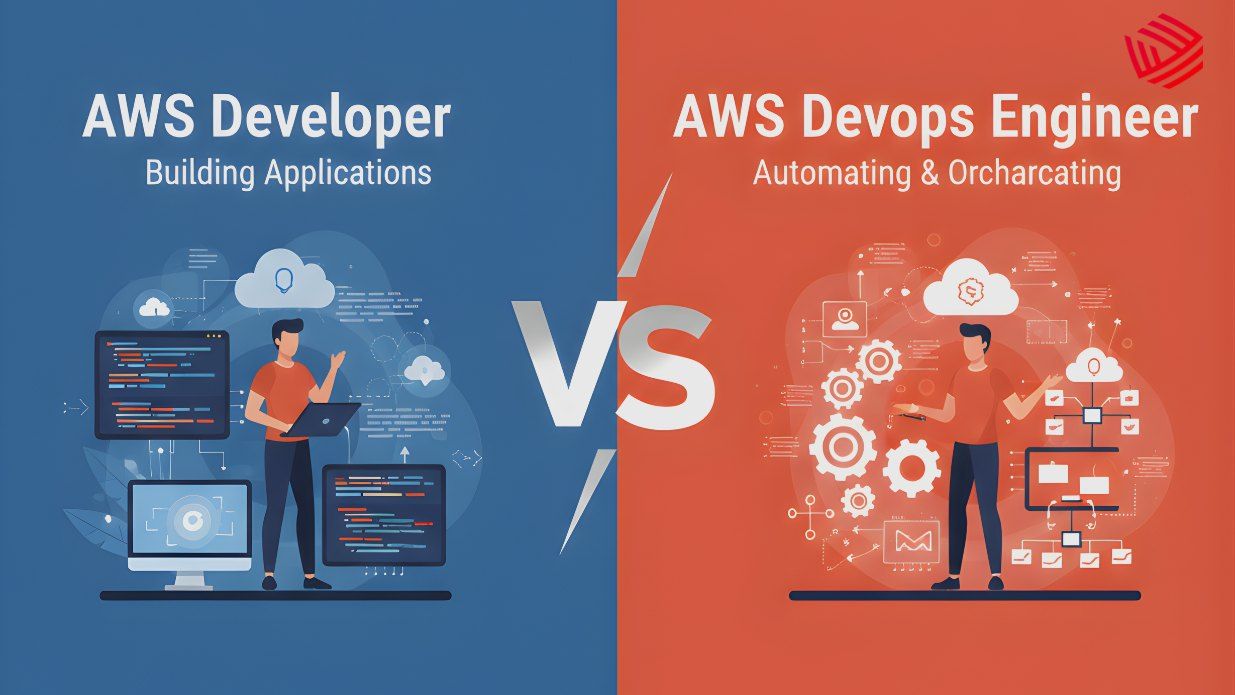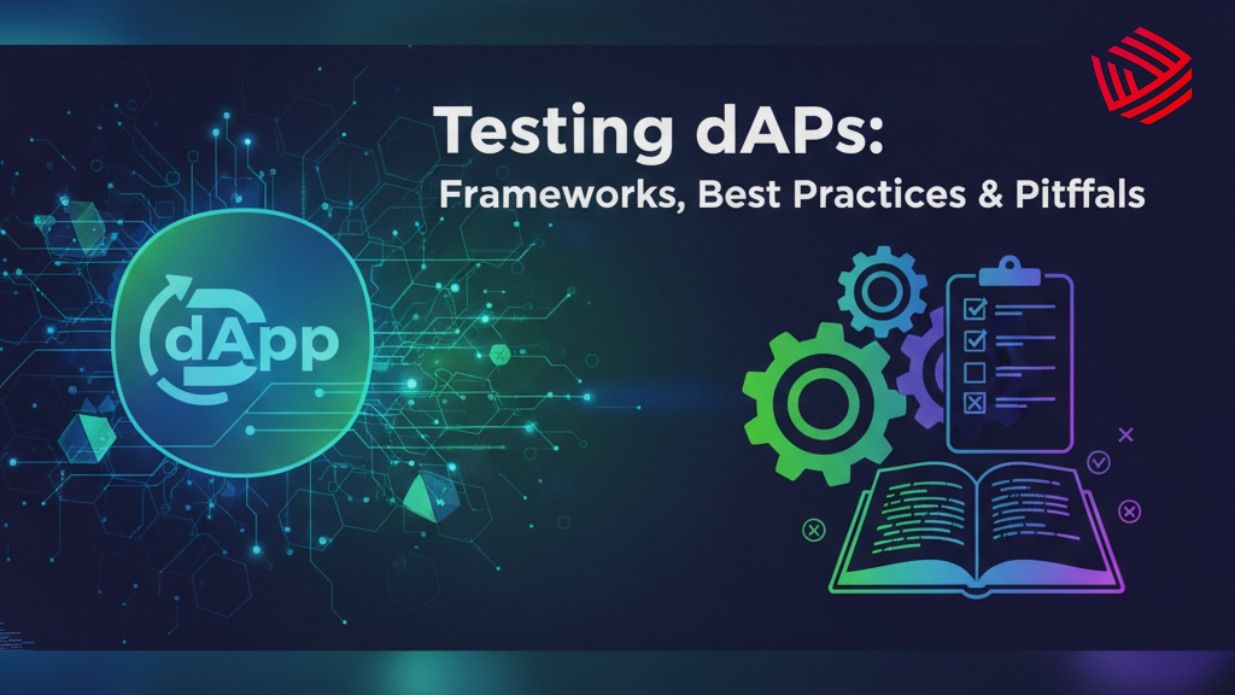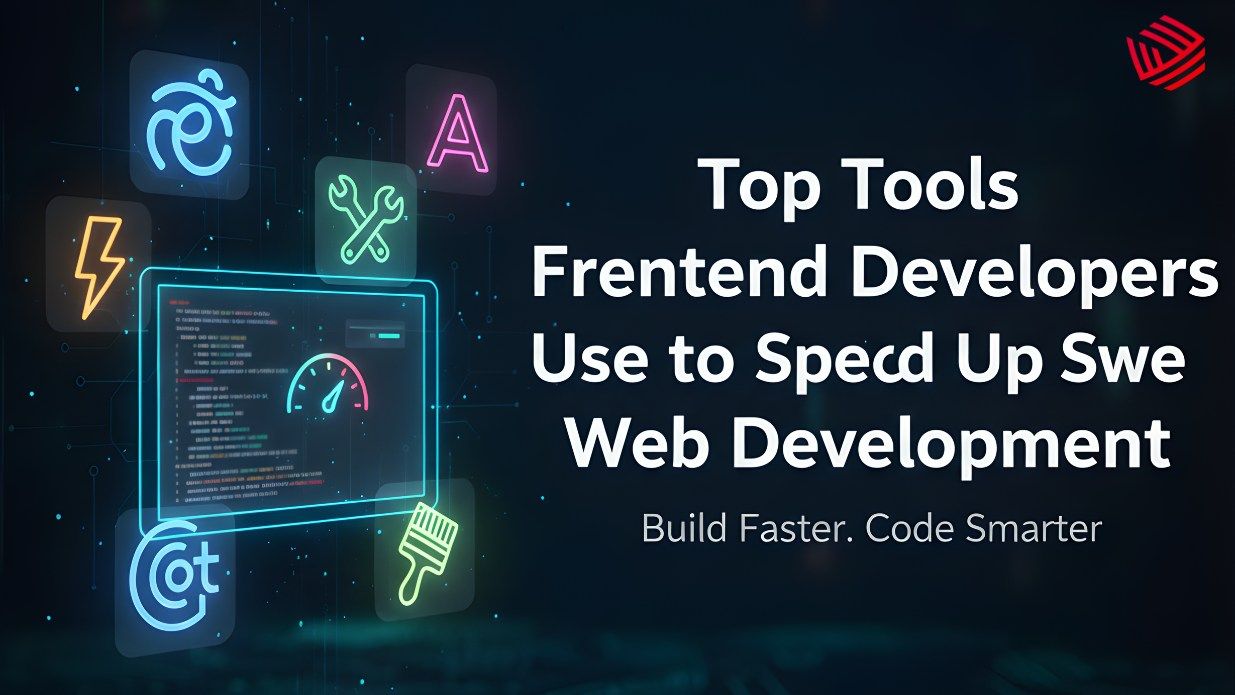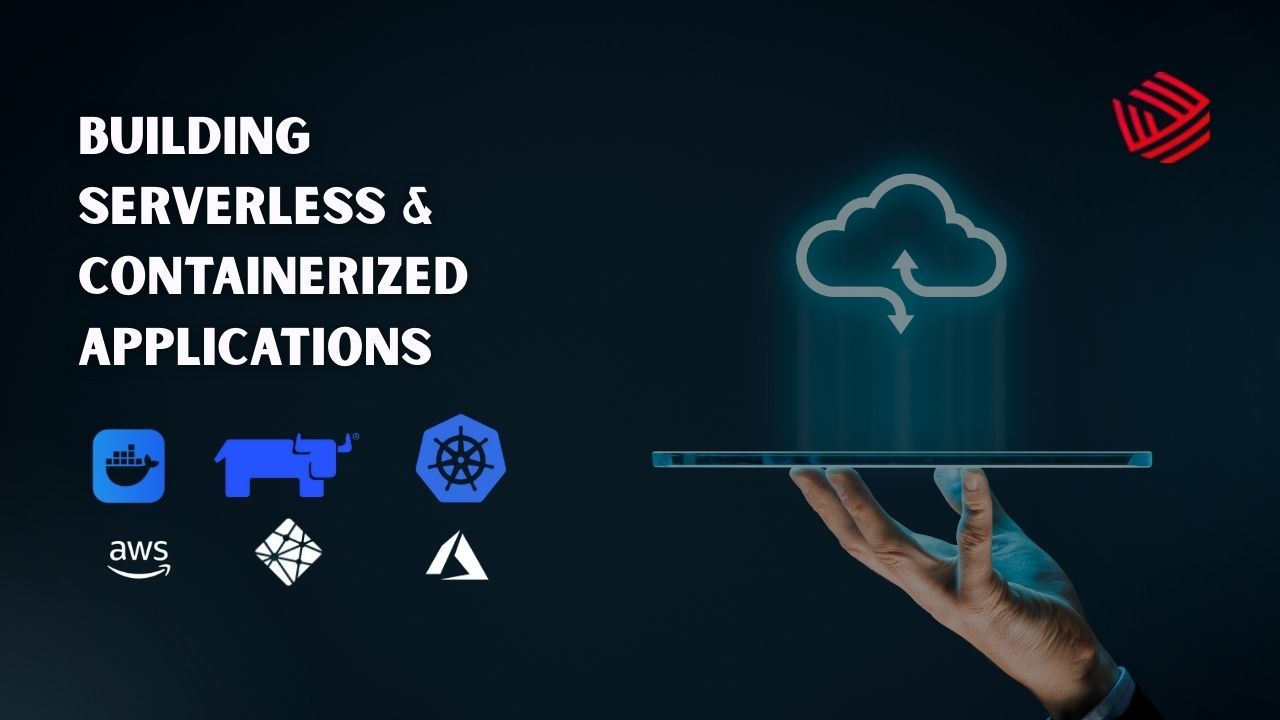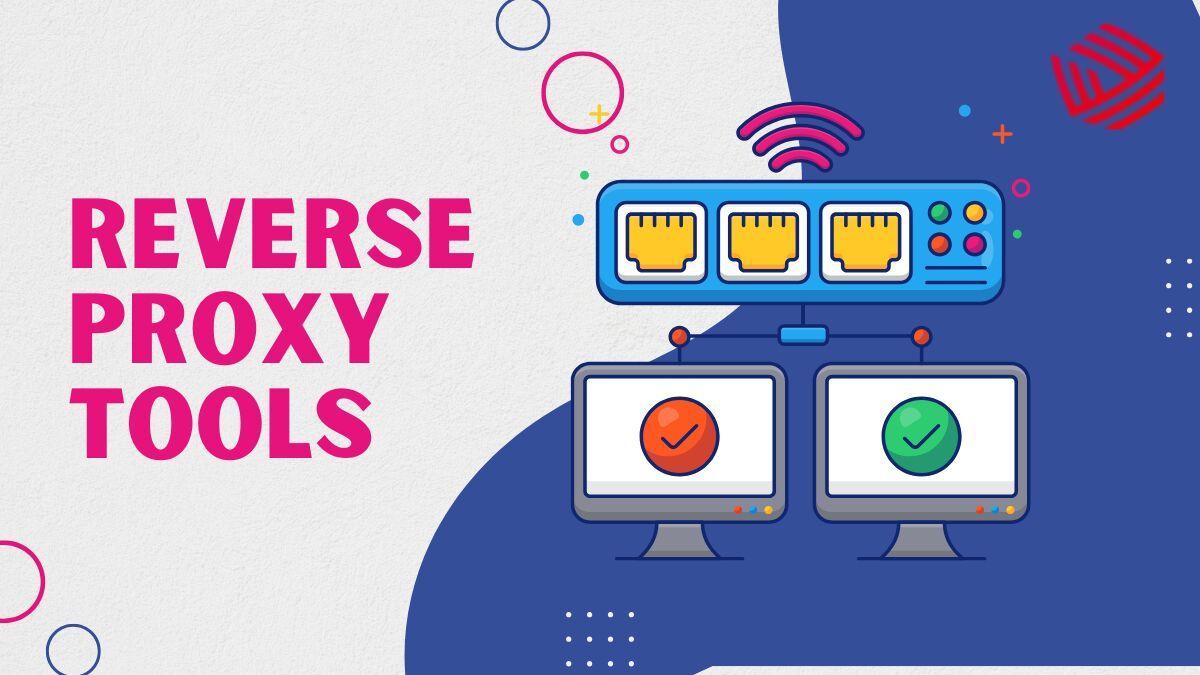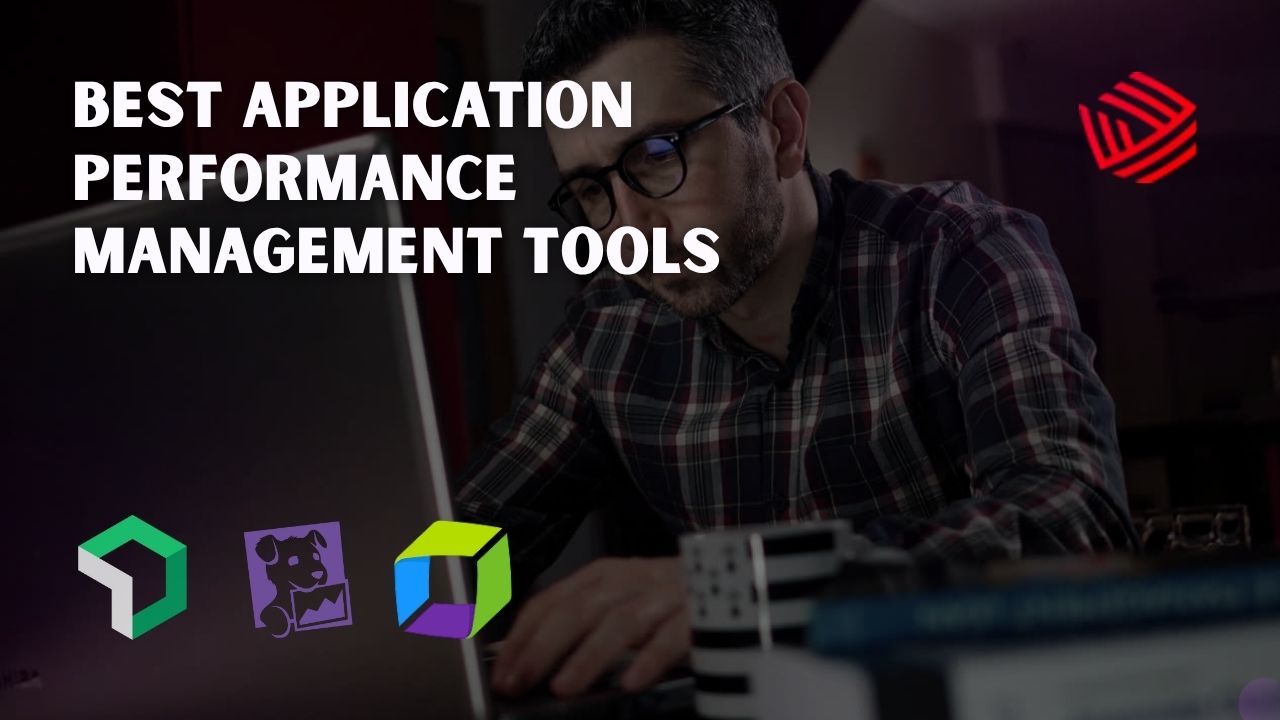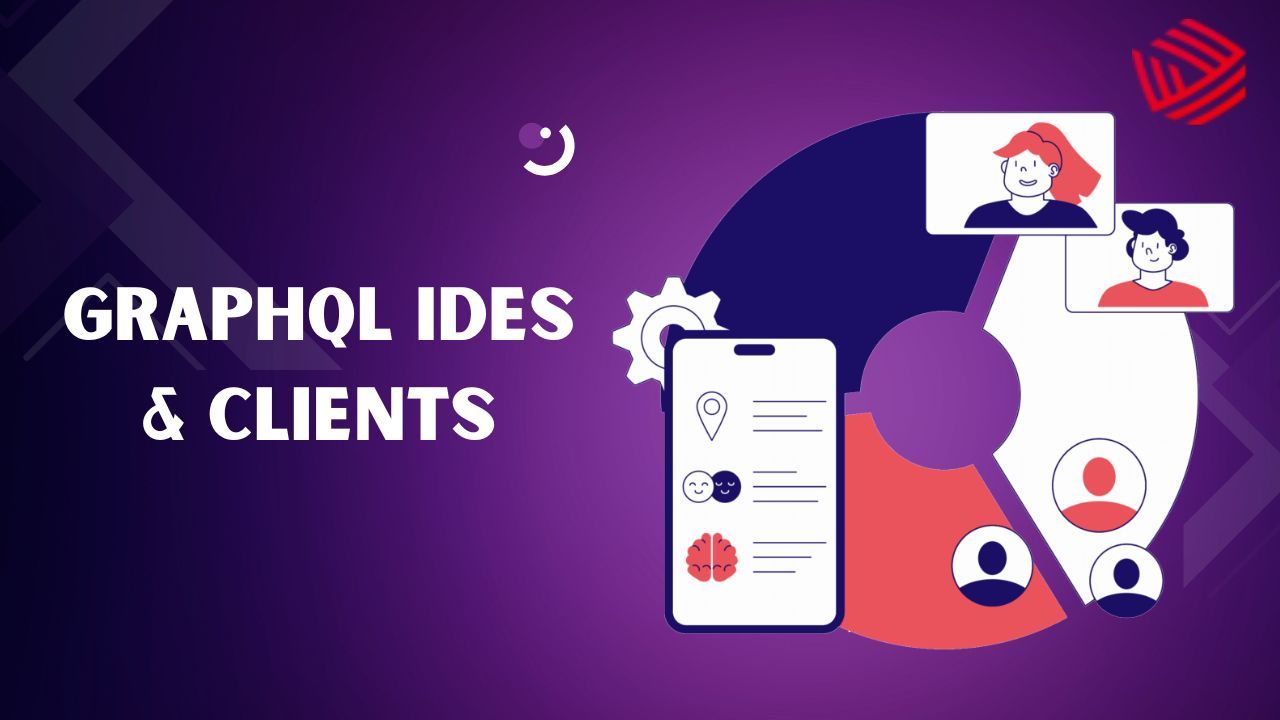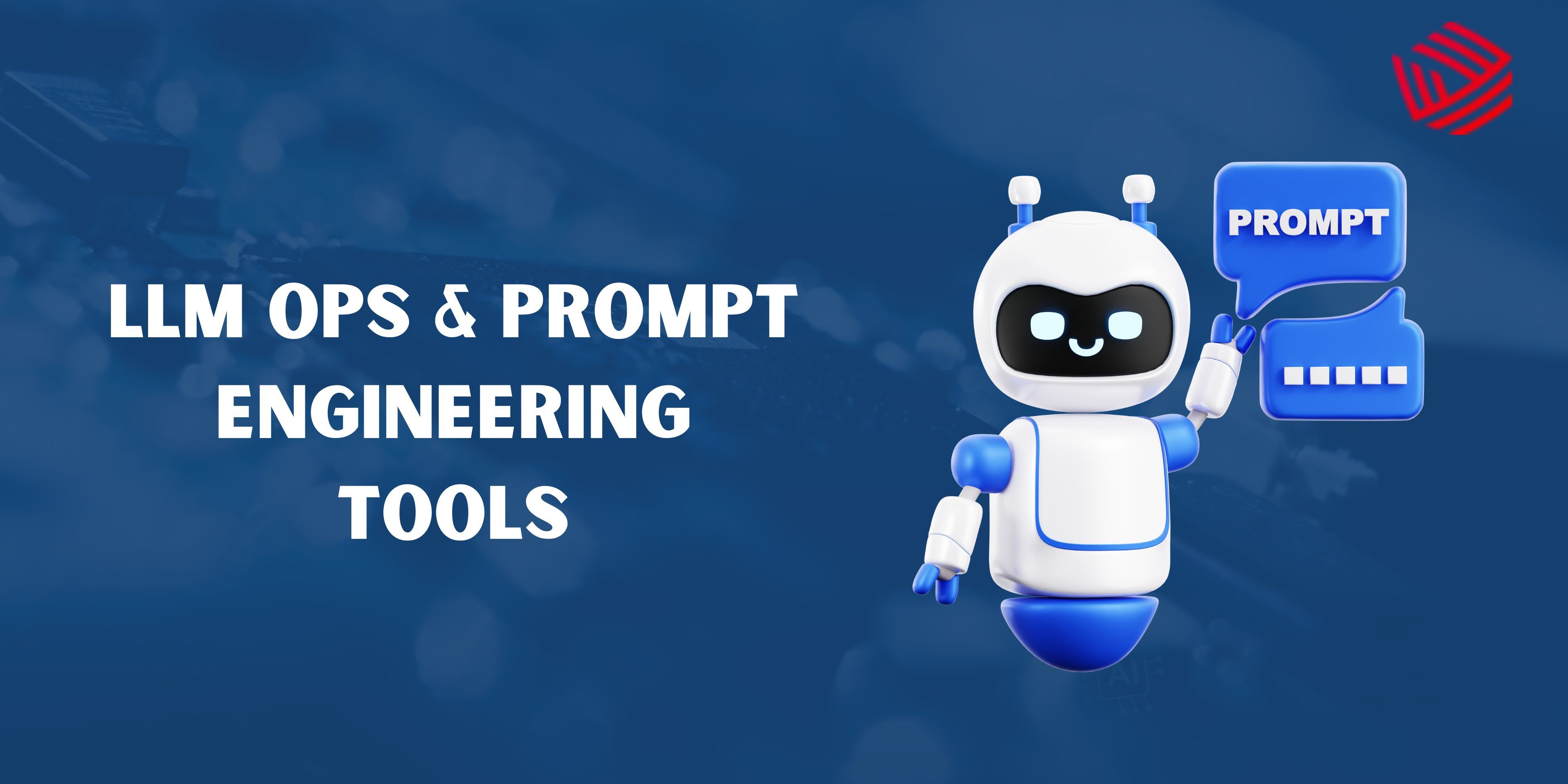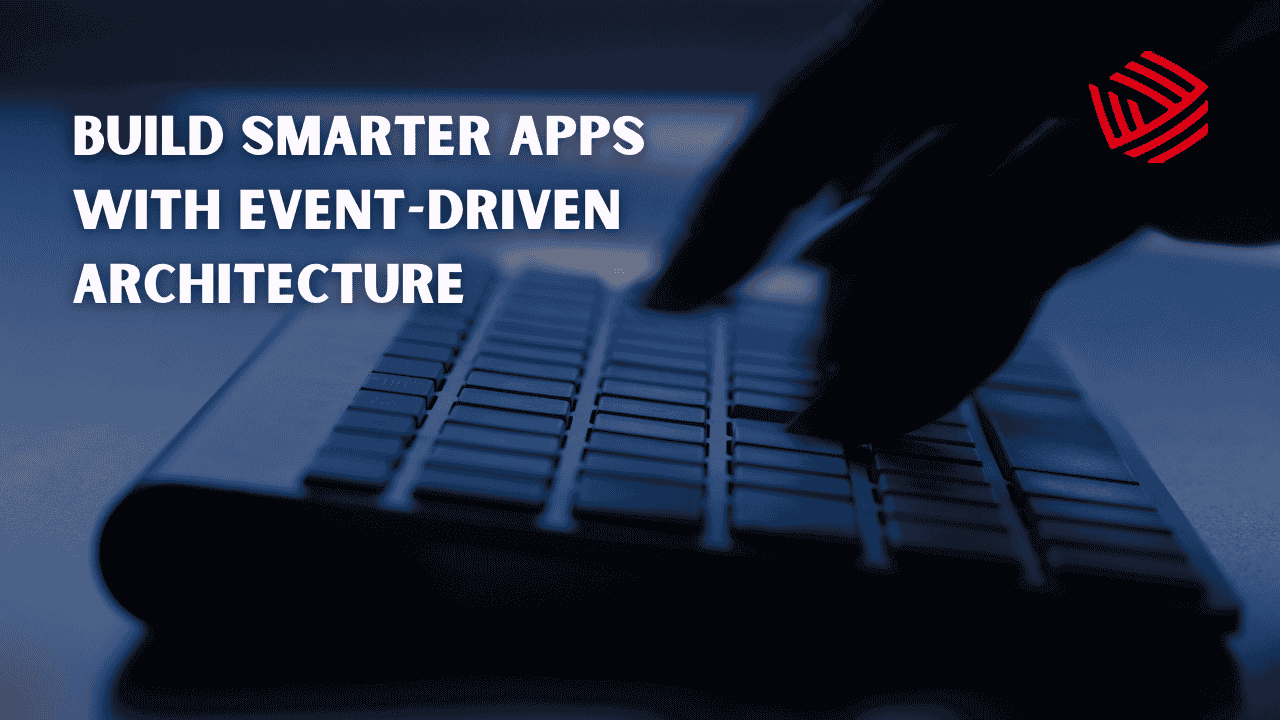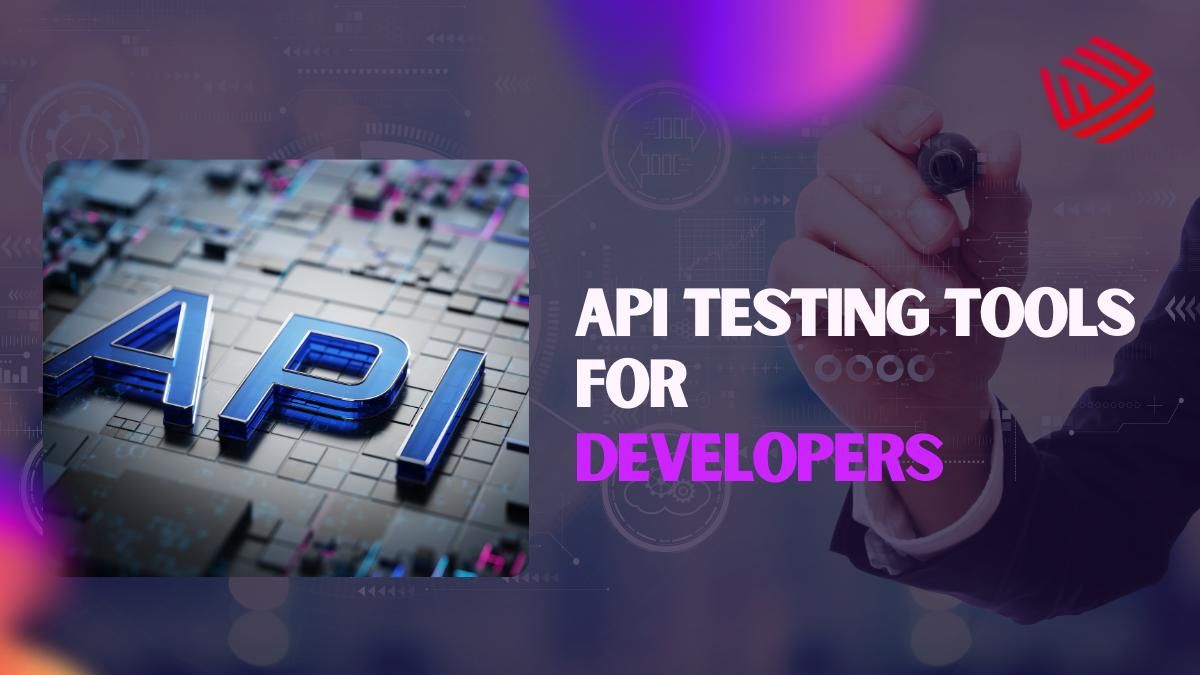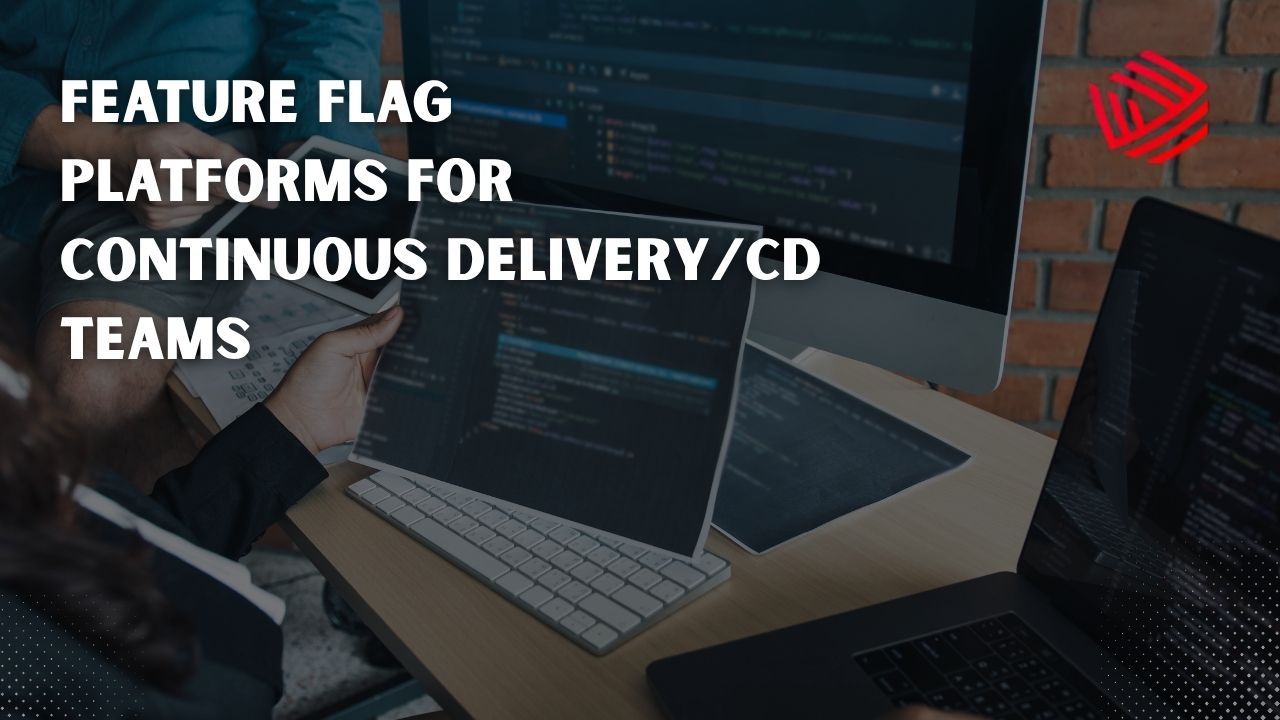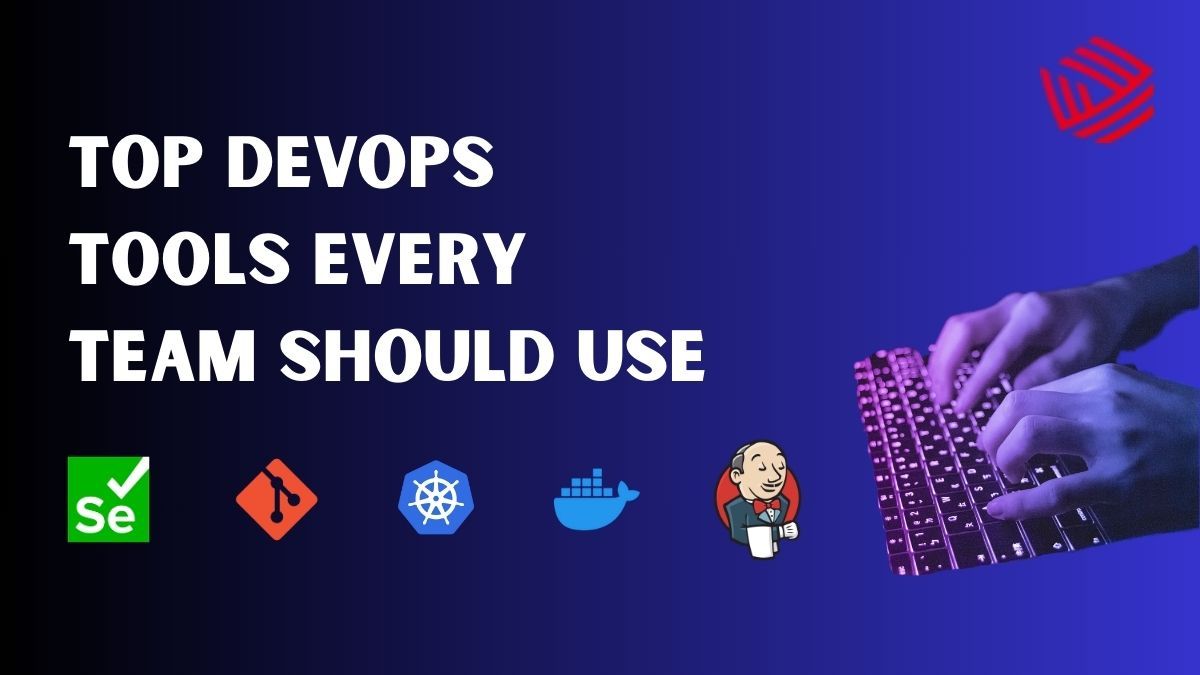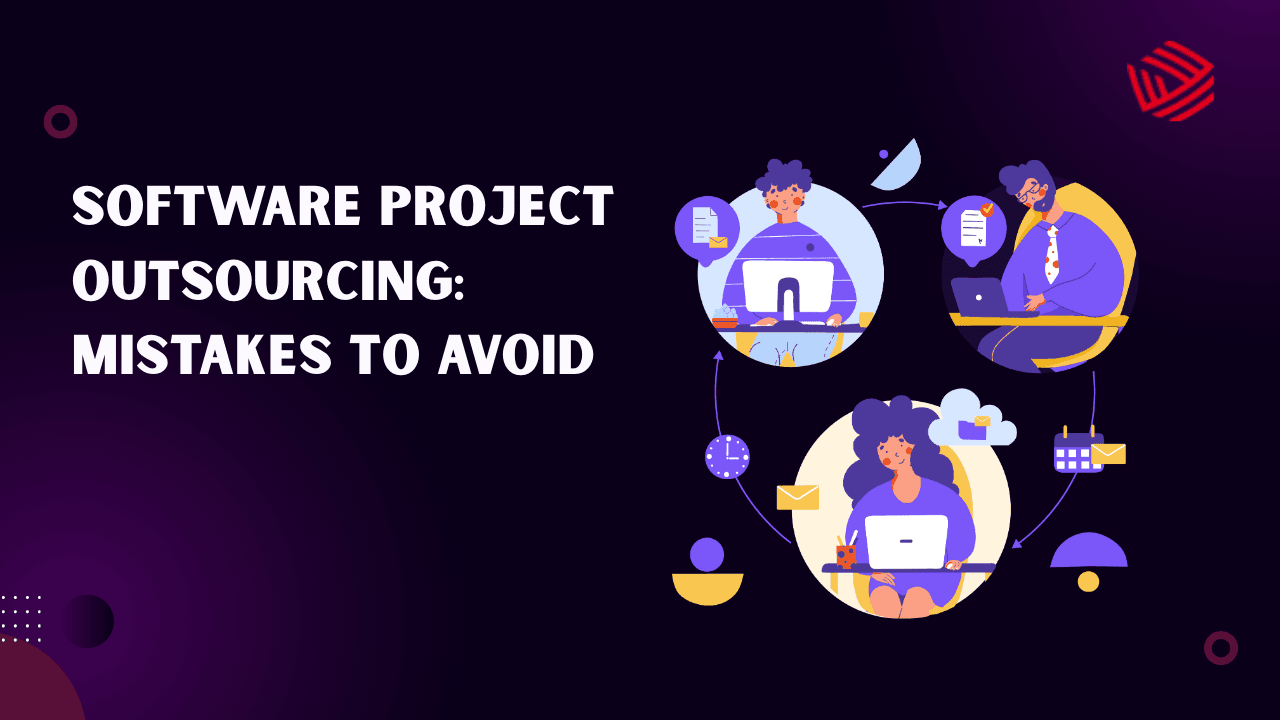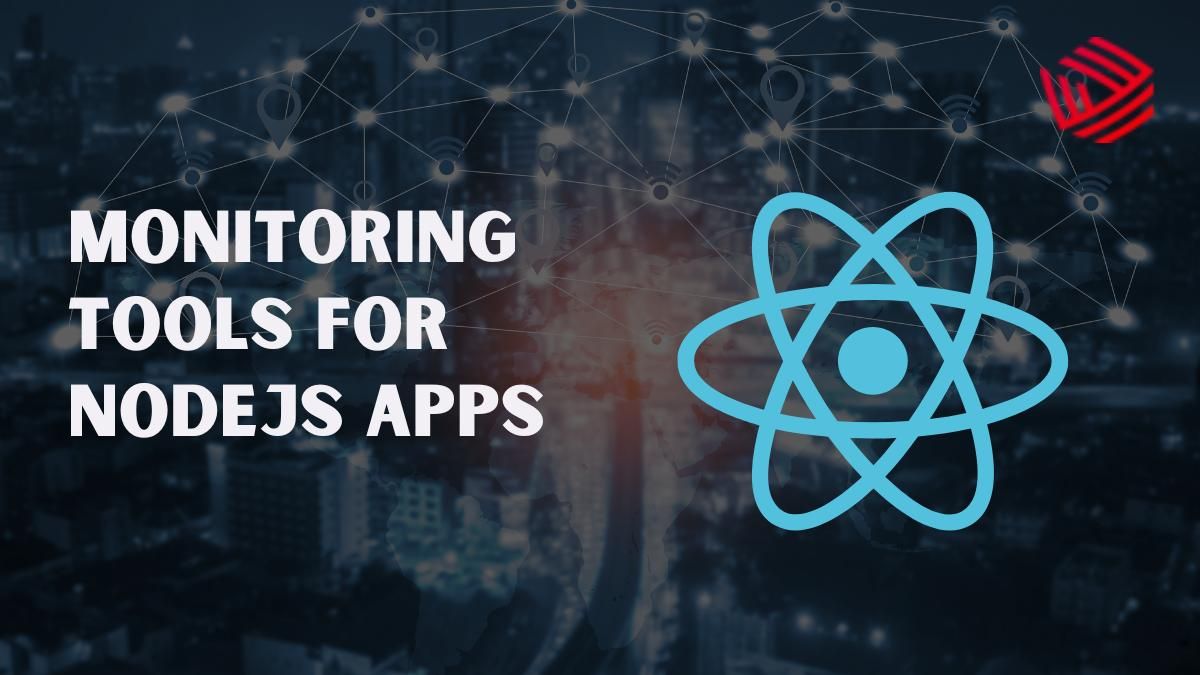In the fast-paced world of web and software development, first impressions matter. A well-crafted proposal can mean the difference between winning or losing a client. That’s where proposal software comes in—these tools help dev agencies automate, personalize, and manage proposals at scale.
Why Proposal Software is Essential for Dev Agencies
Development agencies operate in a highly competitive and fast-evolving market. Winning clients isn’t just about having top-notch technical skills—it's also about communicating your value clearly and professionally.
1. Speed & Efficiency
Creating proposals manually in Word or PDF format is time-consuming. Proposal software automates repetitive tasks like pricing tables, client details, and standard content sections, enabling faster turnaround without sacrificing quality.
2. Professional Branding
Clients expect clean, well-structured documents that reflect your agency’s professionalism. Proposal tools offer customizable templates with your logo, fonts, and color schemes—presenting your brand in the best light.
3. Client Engagement & Tracking
Modern proposal tools offer real-time analytics. You can see when a client opens the proposal, which section they spend time on, and whether they’ve signed—giving you insight into what resonates and when to follow up.
4. Integrated Workflow
Proposal software often integrates with your CRM (like HubSpot or Pipedrive), invoicing platforms, and project management tools—reducing the friction between sales and delivery.
5. Win More Deals
With interactive pricing tables, video introductions, and eSignatures built into your proposals, your pitch becomes more persuasive and easier for clients to accept.
Best Proposal Software for Dev Agencies
1. Proposify
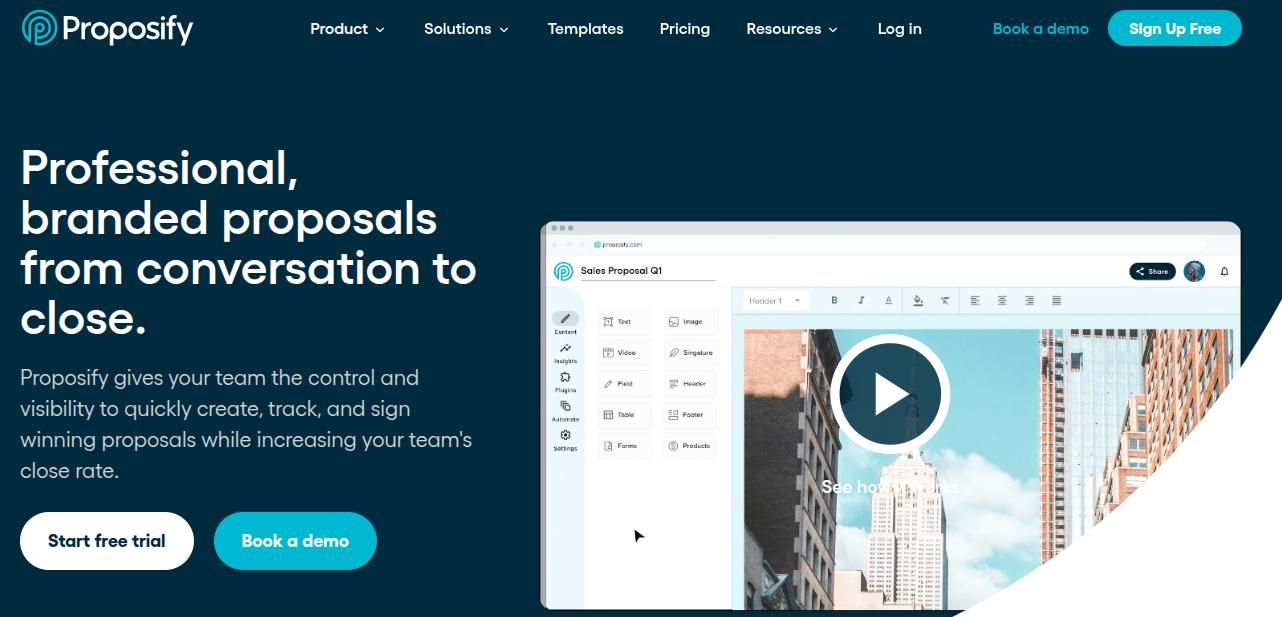
Proposify is a premium proposal platform tailored for teams aiming for professionalism and consistency. With powerful analytics that track exactly how clients engage with proposals, it helps dev agencies optimize each step of their sales process. Proposify provides a full suite of features including pre-built templates, CRM integrations (like Salesforce and HubSpot), and detailed proposal insights that give sales teams an edge. It's especially useful for scaling dev agencies that need structured processes, branding consistency, and granular engagement metrics. A brand should go for latest web design that converts enhances the brand awareness to next level.
Key Features:
- Agency-specific proposal templates
- E-signatures and interactive quoting
- Advanced deal and proposal tracking
- Full CRM integrations (HubSpot, Salesforce)
Best For:
Established development or digital agencies handling high-value deals that require a professional, consistent proposal experience. Best for teams seeking to optimize internal sales workflows, integrate with CRMs, and deeply track client behavior to improve close rates.
Pros:
- Sleek drag-and-drop builder
- Custom branding with reusable blocks
- Granular engagement tracking
Cons:
May be expensive for smaller teams
2. PandaDoc
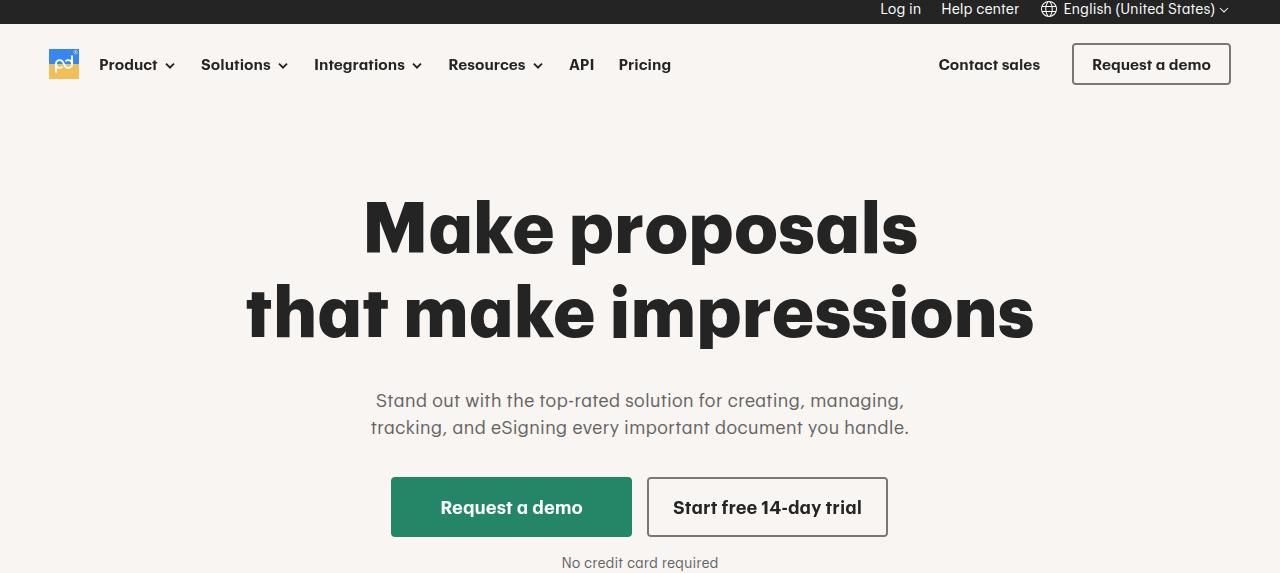
PandaDoc stands out as a full-scale document management solution ideal for growing dev agencies. It allows teams to manage proposals, quotes, contracts, and payments within a single unified workflow. Its strength lies in automation, collaborative editing, and robust API support for custom integrations. PandaDoc is great for scaling organizations needing visibility, process automation, and tight integrations with CRMs like Pipedrive or Salesforce. Experienced software developers are always the best option for web dev agencies to make secure and reliable software solutions.
Key Features:
- Dynamic content blocks with variables
- Digital signatures and payment support
- Real-time collaboration and commenting
- Robust API for custom integrations
Best For:
Cross-functional dev, legal, and sales teams looking for a centralized platform to manage the complete lifecycle from proposals to payments with powerful automation and collaboration.
Pros:
- Complete end-to-end document control
- Streamlined collaboration across teams
- Flexible and scalable pricing
Cons:
Setup and learning curve for full functionalit
3. Better Proposals
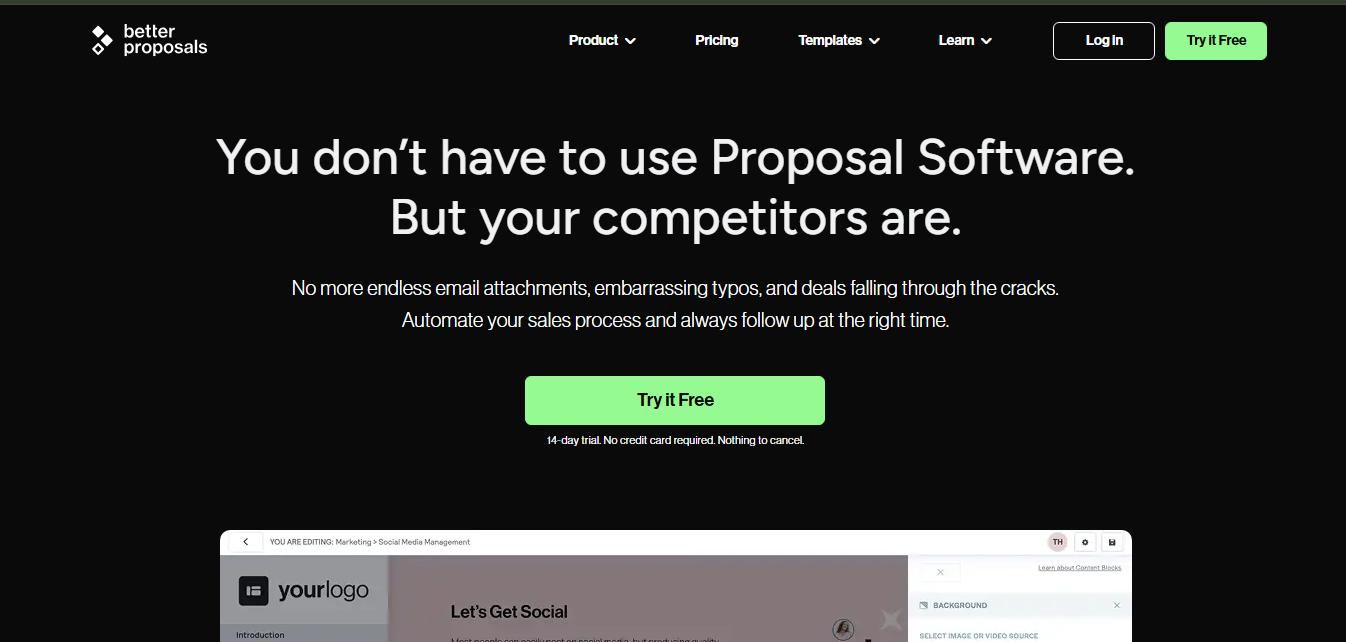
Better Proposals is built with simplicity and speed in mind. Dev teams can use its beautiful templates and live chat features to deliver client-focused proposals in minutes. It excels in modern design and usability, offering a clean interface with integrated eSignatures and payment gateways. With real-time notifications and analytics, it’s tailored for fast-paced teams that value aesthetics and client experience. Exploring UI/UX designers are always great options for web dev agencies to find new latest designs for making the interfaces more elegant and beautiful.
Key Features:
- 200+ professional templates
- Live chat embedded in proposals
- CRM, eSign, and payment integrations
- Engagement analytics and notifications
Best For:
Freelancers and small-to-medium dev agencies looking for a quick, visually engaging way to send high-converting proposals without a steep learning curve.
Pros:
- Extremely user-friendly
- High-converting visuals
- Fast turnaround and live chat
Cons:
Limited layout customization options
4. Qwilr
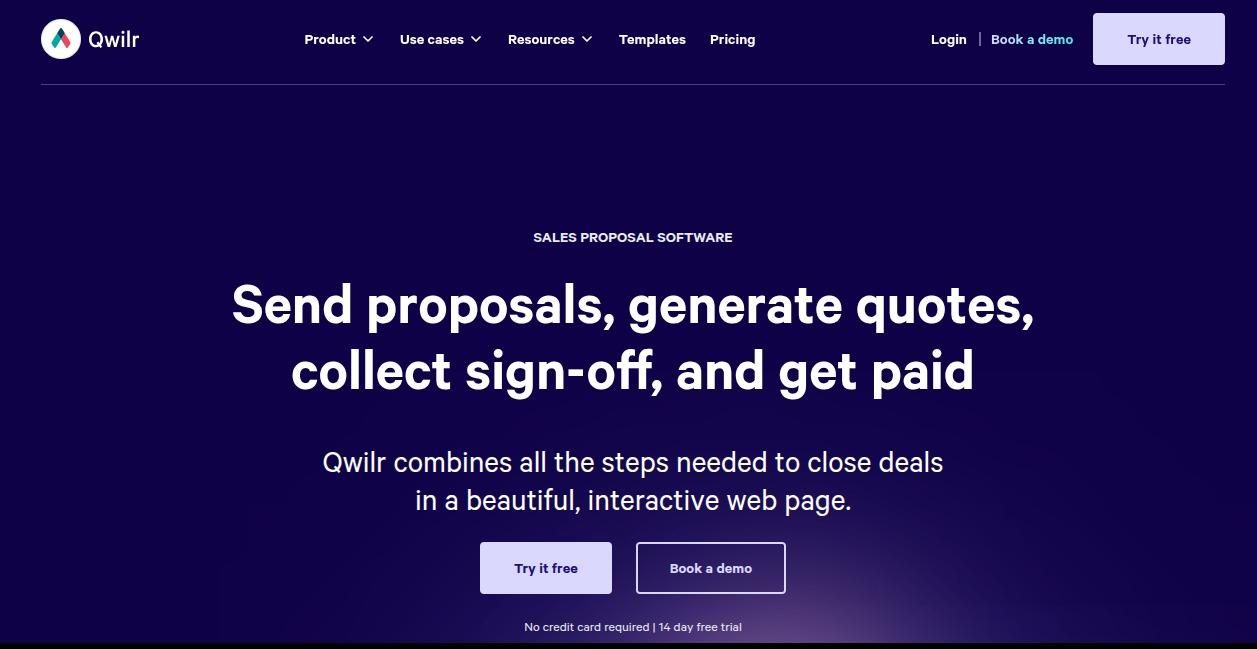
Qwilr redefines how proposals are presented by turning them into beautiful, responsive web pages. It’s perfect for tech and design-driven dev teams that want to impress clients visually. Qwilr supports video embedding, pricing tables, interactive maps, and more. It's great for agencies that pitch products or services visually and want to track client engagement while offering a sleek digital-first experience.
Key Features:
- Interactive web-page proposals
- Modular content blocks
- HubSpot and Zapier integrations
- Analytics and engagement heatmaps
Best For:
Design-focused dev or SaaS agencies that want interactive, mobile-optimized proposals presented as visually striking web pages.
Pros:
- Impressive design and mobile responsiveness
- Seamless user experience for clients
- Modern, elegant branding
Cons:
Limited offline/PDF compatibility
5. Bidsketch
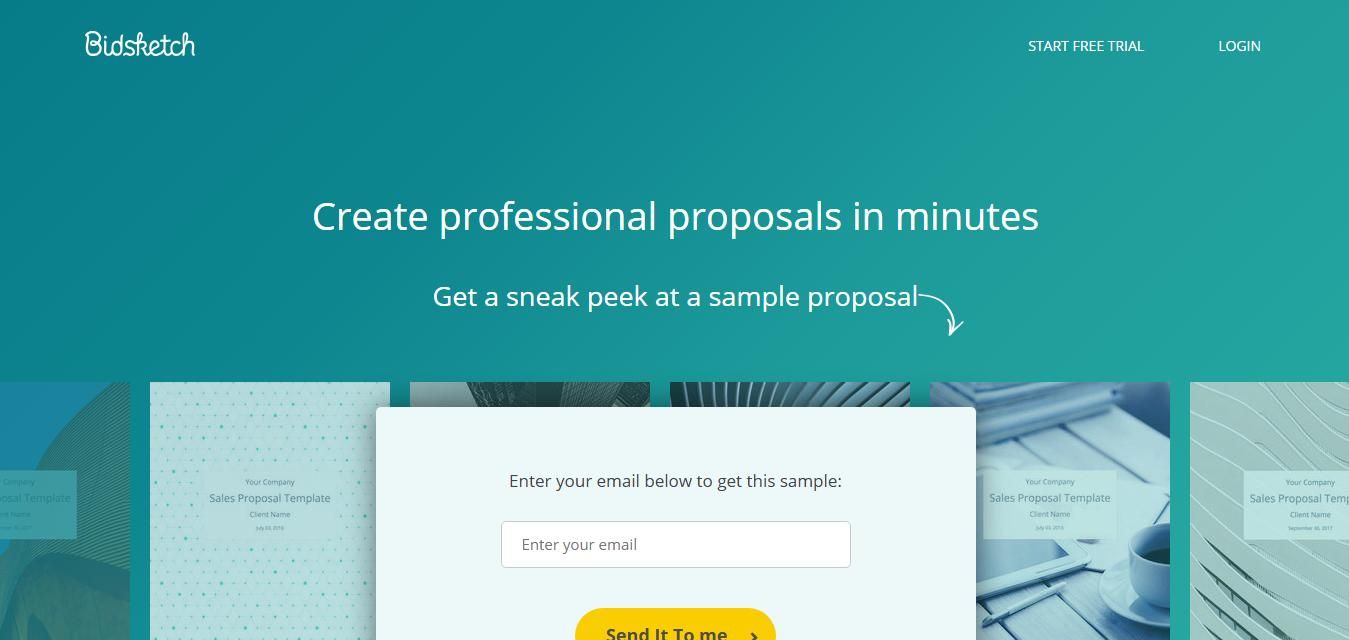
Bidsketch offers a no-nonsense, fast-track way for independent devs and small teams to create professional-looking proposals. It focuses on usability, content reuse, and client tracking. Though the interface may appear dated, Bidsketch delivers solid value through reusable templates and white-label branding, helping lean teams maintain professionalism without getting bogged down in complexity.
Key Features:
- Template reuse and content libraries
- Optional client data entry
- Basic engagement tracking
- Proposal previews and notifications
Best For:
Freelancers and small dev studios who prioritize speed, reuse, and simple tracking over visual flair or complex integrations.
Pros:
- Fast, template-driven proposal creation
- Strong on value and affordability
- Easy to learn and implement
Cons:
- Outdated UI
- Lacks deep integrations
6. Nusii
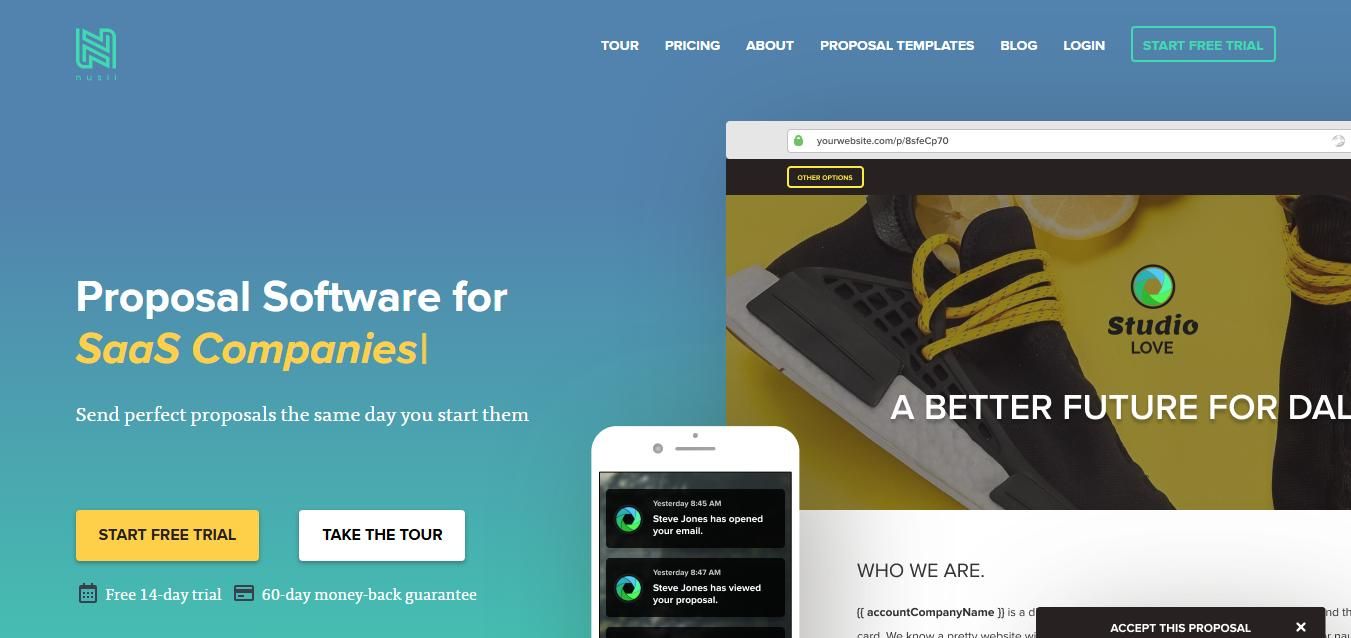
Nusii strikes a balance between functionality and simplicity. It offers elegant design templates, effortless content creation, and useful analytics — all wrapped in a clean interface that minimizes distractions. It’s especially attractive to boutique dev agencies and freelancers who want to deliver polished proposals fast while maintaining compliance and data security.
Key Features:
- Beautiful templates and simple editor
- Reminders and email follow-ups
- Analytics and notifications
- Multi-language support
Best For:
Small teams seeking a beautiful and intuitive tool with minimal setup and GDPR compliance, without needing extensive integrations.
Pros:
- Very easy to use and elegant UI
- GDPR-compliant and secure
- Minimal setup required
Cons:
Fewer integrations than larger platforms
7. QuoteWerks
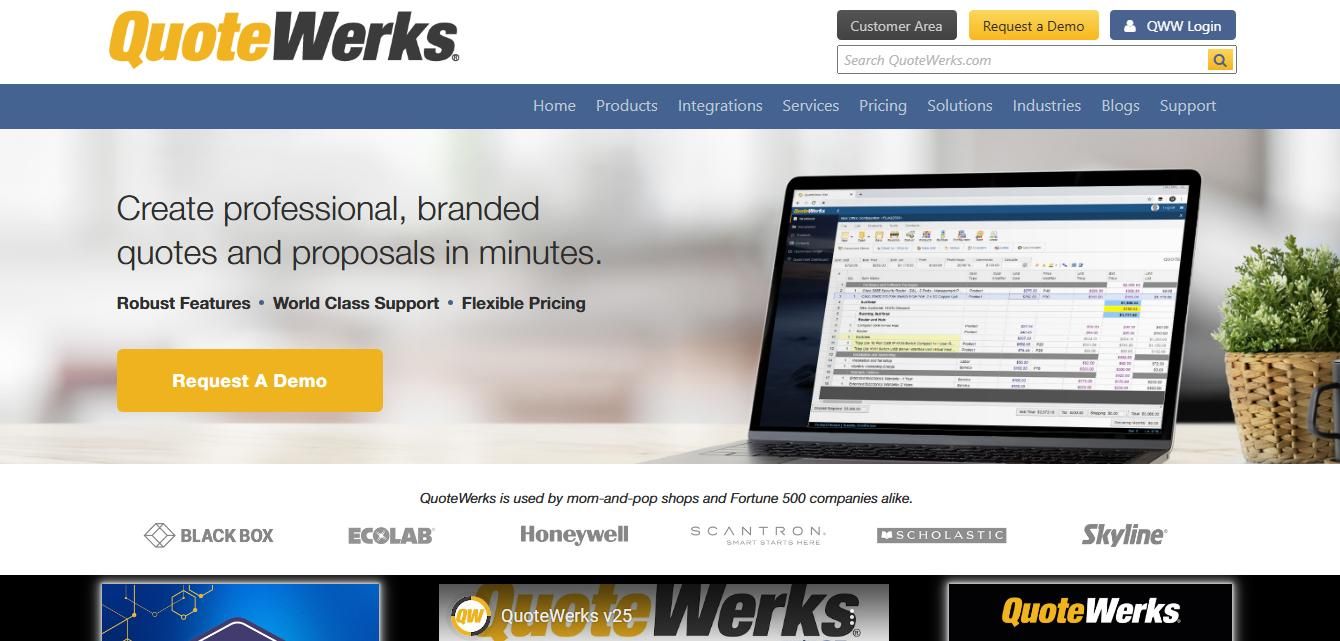
QuoteWerks is a specialized quoting and CPQ (Configure, Price, Quote) platform designed for technical dev firms. It allows users to manage detailed line-item pricing, sync with CRMs and accounting software, and generate precise, compliant proposals. While the interface feels dated, its robust capabilities make it essential for teams with complex financial or product requirements.
Best For:
IT consultancies and dev agencies handling technical, itemized pricing and complex quoting processes integrated with accounting or CRM systems.
Key Features:
- CPQ and detailed product quoting
- CRM, ERP, and accounting integrations
- Advanced reporting and workflows
- Electronic approvals
Pros:
- Excellent for complex, technical quotes
- Integrates with tools like QuickBooks
- Offers desktop and cloud versions
Cons:
- Steep learning curve
- Legacy UI design
8. ClientPoint
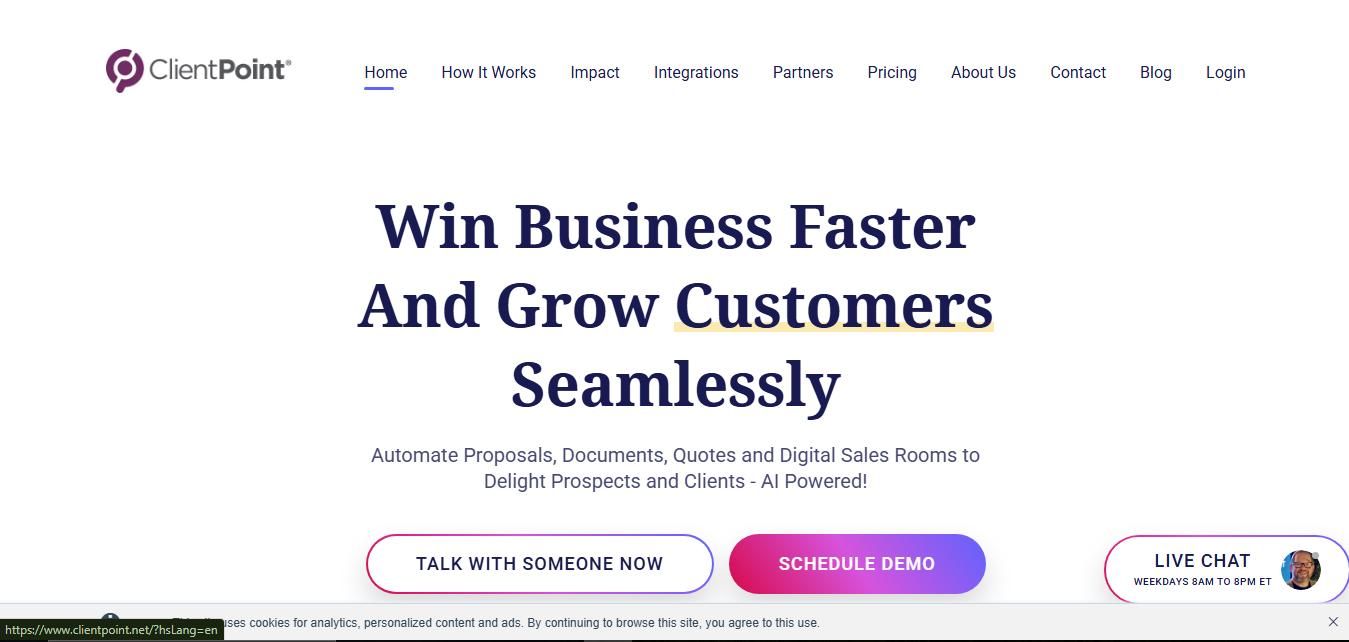
ClientPoint delivers an all-in-one enterprise platform designed for large sales teams and dev agencies that need centralization and scalability. It includes custom proposal portals, live presentations, and deep integrations with CRMs. ClientPoint is ideal for complex, stakeholder-heavy deals and enhances the entire client experience through interactive features and detailed tracking.
Key Features:
- Proposal and presentation portals
- CRM and ROI tool integrations
- Live virtual meetings
- Deep client engagement analytics
Best For:
Enterprise dev agencies needing scalable proposal systems, virtual meetings, ROI calculators, and rich client portals.
Pros:
- Full sales enablement suite
- Great for scaling with large clients
- Rich presentation and document tools
Cons:
- Enterprise pricing
- Overkill for small teams
9. GetAccept
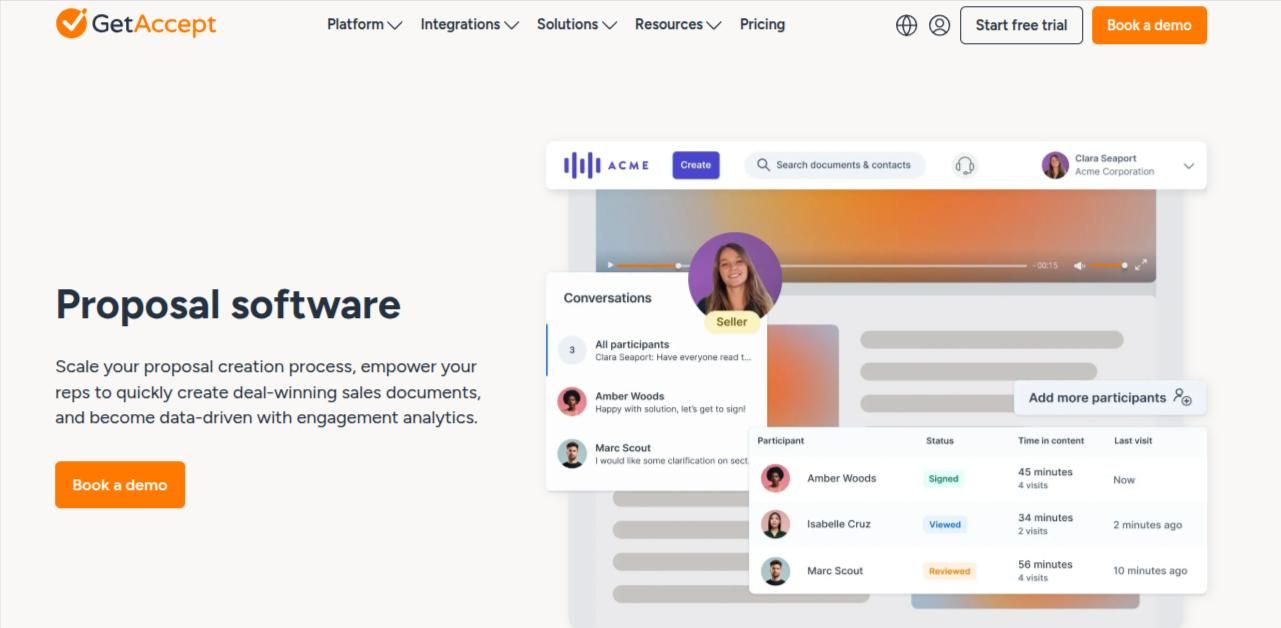
GetAccept blends proposals with personalized sales outreach by allowing dev teams to embed video messages, initiate live chats, and automate follow-ups within their proposals. It’s highly effective for agencies that prioritize human connection in their sales process. With insightful analytics and CRM integrations, GetAccept turns a simple proposal into a dynamic sales touchpoint. Full stack engineers are always the preferred choice for speeding up the development process.
Key Features:
- Proposal + video + chat in one tool
- Real-time engagement insights
- E-signatures and templates
- CRM integrations (Pipedrive, Salesforce)
Best For:
Sales-driven dev teams looking to humanize proposals with video, chat, and automation for better engagement and follow-ups.
Pros:
- Engages clients with video and live chat
- Smart follow-up automation
- Deep proposal tracking
Cons:
Interface may be overwhelming at first
10. Quotient
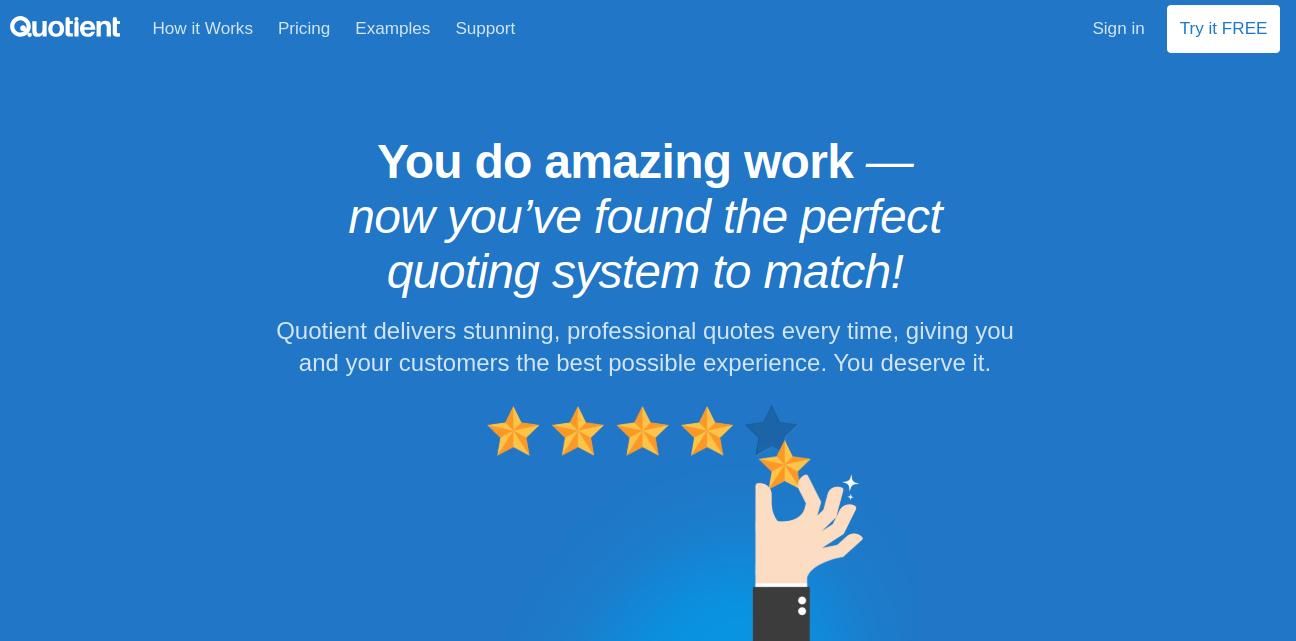
Quotient offers a clean and interactive way to present quotes and proposals to clients. It’s designed for dev teams that want clarity and upselling options, making it easy for clients to pick add-ons or package tiers. Its strength is simplicity, offering just the right amount of customization and analytics for a smooth sales process. Enhancing the CI/CD workflow with DevOps engineers is now became the standard for scalable apps in today's tech era.
Key Features:
- Client-focused quote presentation
- Optional services and upsell support
- Real-time client engagement updates
- CRM and Xero integration
Best For:
Agencies offering productized or packaged services who need a polished quoting experience with easy upsells and client-friendly presentation.
Pros:
- Intuitive and lightweight
- Excellent for service-based teams
- Clear upselling interface
Cons:
Limited design and visual customization
Why proposal software is a cornerstone of success for dev agencies
In today’s ultra-competitive digital landscape, proposal software has emerged as one of the most crucial tools for development agencies to drive sales, enhance client relationships, and improve internal efficiency. As the demands on agencies increase—from tighter deadlines to higher client expectations—the need for smarter, more streamlined workflows becomes non-negotiable. A proposal is more than just a document; it's a persuasive communication tool that encapsulates your brand, communicates value, and paves the way for long-term client engagement.
Gone are the days of static PDFs and time-consuming manual formatting. Modern proposal software solutions offer a full spectrum of benefits, including automation, interactivity, analytics, and scalability. These platforms don’t just replace traditional documentation tools; they redefine the way agencies approach business development, enabling teams to create visually compelling, data-driven, and highly personalized proposals that stand out from the crowd.
1. Elevating the First Impression
The first proposal you send to a client is often your only opportunity to make a lasting impression. Whether you're a freelance developer or part of a large-scale dev firm, your proposal must communicate professionalism, precision, and value. Tools like Proposify and Qwilr allow you to build proposals that look more like microsites than old-school documents, with interactive components, responsive layouts, and embedded media.
This visual and functional enhancement doesn't just make proposals look good—it enhances credibility, boosts engagement, and often becomes the deciding factor in a competitive bidding process. Agencies that use modern software can showcase their work, process, and culture in a way that static documents simply can’t.
2. Streamlining Workflows and Reducing Overhead
Time is money—especially for development agencies juggling multiple projects, stakeholders, and timelines. Proposal software cuts down the time it takes to build, send, and manage proposals. With pre-built templates, reusable content blocks, and CRM integrations, platforms like PandaDoc and Better Proposals enable teams to generate proposals in minutes instead of hours.
This means less time spent formatting and more time focusing on customizing content and communicating client-specific value. It also minimizes the chance of errors and inconsistencies, which can be costly in high-stakes deals. Automation tools like reminders, follow-ups, and real-time collaboration reduce friction across departments, from sales and marketing to legal and finance.
3. Analytics-Driven Decision Making
What if you could know exactly when a client opened your proposal, which sections they lingered on, and whether they shared it with colleagues? Advanced proposal tools like DocSend, Proposify, and GetAccept offer granular analytics that allow agencies to track client interactions in real-time.
This data transforms sales from guesswork into science. You can identify high-interest clients, tailor follow-up strategies, and optimize proposal content based on what truly resonates. For agencies looking to scale or improve close rates, these insights are invaluable. You’re not just sending a proposal; you’re launching an intelligent sales campaign.
4. Enhancing Collaboration Across Teams
Most development projects require input from multiple teams—designers, developers, project managers, and sales. Proposal platforms like Indy and Conga streamline cross-functional collaboration with shared dashboards, real-time editing, and approval workflows.
This ensures consistency and accuracy while speeding up internal reviews. In fast-paced environments, the ability to draft, review, and approve proposals in one ecosystem eliminates email chains, version control issues, and bottlenecks.
5. Seamless Integrations for a Connected Workflow
Proposal software doesn’t operate in a vacuum. The best tools integrate seamlessly with CRMs like HubSpot, Salesforce, and Pipedrive; project management platforms like Trello and Asana; and even accounting tools like QuickBooks or Xero.
This connected ecosystem means data flows smoothly across your tech stack. For instance, you can automatically populate proposals with client info from your CRM, track deal stages in real time, and even automate invoice generation post-approval. Tools like QuoteWerks and ClientPoint are particularly powerful for agencies with complex backend systems.
6. Scalability and Customization for Growing Agencies
As agencies grow, their proposal needs evolve. Small teams might prioritize simplicity and speed, while mid-sized firms need automation and brand consistency. Enterprises demand customization, governance, and legal compliance.
From lightweight platforms like Bidsketch and Nusii to enterprise-level solutions like DocuSign CLM and RFPIO, there’s a solution for every stage of growth. The key is choosing software that can scale with your agency’s trajectory without forcing a complete workflow overhaul.
7. Legal and Contract Management Made Easy
Modern proposals aren’t just sales tools—they’re often the first legal agreement clients will sign. Many platforms offer built-in e-signature capabilities, clause libraries, and compliance frameworks (eIDAS, ESIGN Act) to simplify contract management.
This is especially important for agencies dealing with large enterprises or government clients. Platforms like DocuSign CLM and Conga ensure every contract is secure, compliant, and legally binding, with version control and audit trails to support governance requirements.
8. Focus on Client Experience and Relationship Building
Proposal software isn’t just about efficiency—it’s about creating a better client experience. Live chat integrations, embedded videos, mobile responsiveness, and dynamic pricing calculators add a human touch to digital proposals. Tools like GetAccept, Qwilr, and Quotient allow clients to interact with proposals as if they’re engaging with your team directly.
This interactivity encourages faster decision-making, better understanding, and a sense of transparency that builds trust from the outset. In the long run, a seamless proposal experience translates into stronger client relationships and more referrals.
9. ROI-Driven Proposal Strategies
Every proposal is an opportunity to drive ROI—not just for your agency, but for your client. Some platforms include ROI calculators, pricing matrices, and outcome estimators that quantify the value of your service.
This makes it easier for clients to justify investment and aligns your goals with theirs. Platforms like ClientPoint and QuoteWerks excel in value-selling by presenting financial impacts clearly and convincingly.
10. Competitive Edge in a Crowded Market
Finally, the proposal software you choose can give you a significant competitive edge. In a saturated market, where clients are evaluating multiple vendors, the clarity, speed, and polish of your proposal can set you apart.
Proposal tools not only make your offers more appealing, but they also make your agency appear more capable, organized, and tech-savvy. Whether you’re pitching a startup MVP or a full-scale enterprise solution, the professionalism of your proposal reflects your competence.
Conclusion
No two development agencies are exactly alike. That’s why it’s essential to choose proposal software that aligns with your business size, sales process, client expectations, and technical ecosystem. Whether you need minimalist efficiency (Nusii), deep enterprise features (DocuSign CLM), or standout design capabilities (Qwilr), the right platform is out there.
Take the time to trial a few tools, gather feedback from your team, and calculate potential ROI. Remember: a well-crafted proposal can be the difference between a missed opportunity and a multi-year client relationship. In 2025 and beyond, agencies that embrace the full power of proposal software will be those that grow faster, sell smarter, and deliver better client experiences. So don’t just send proposals—send winning ones. With the right tool in your stack, every proposal becomes a strategic asset that drives business growth.

